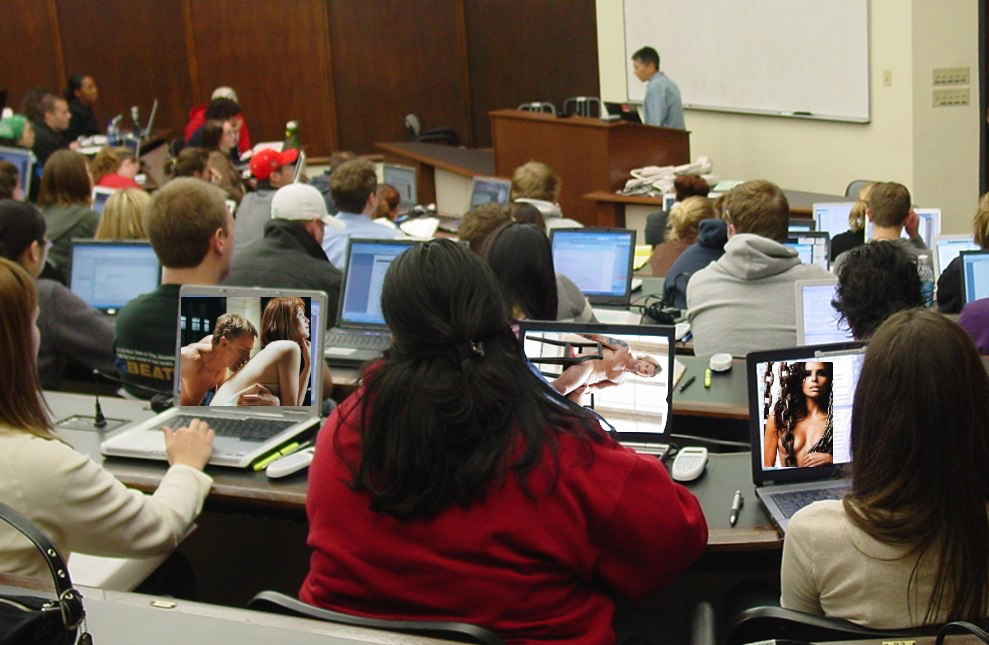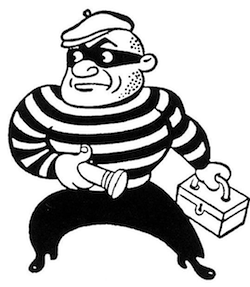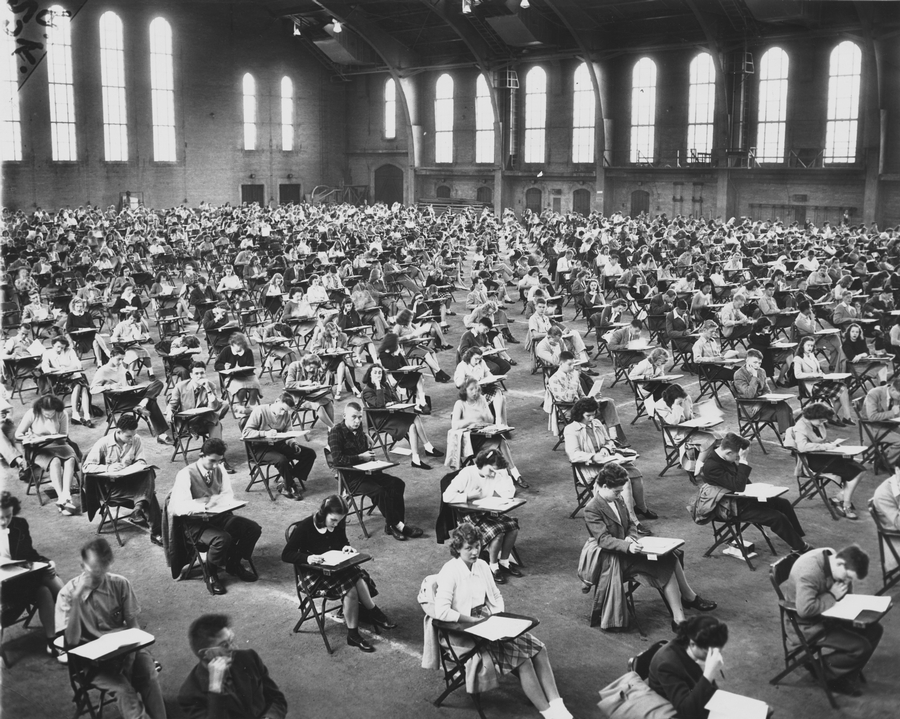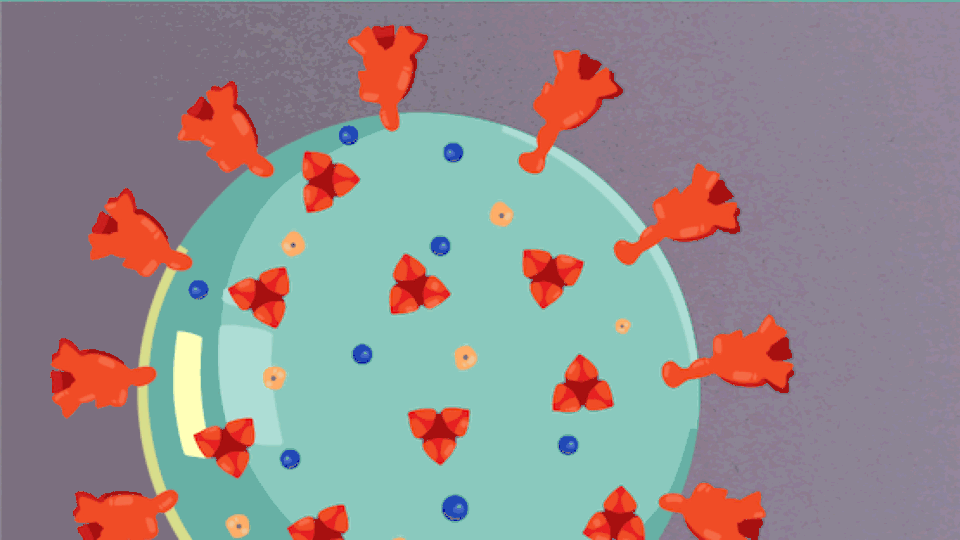 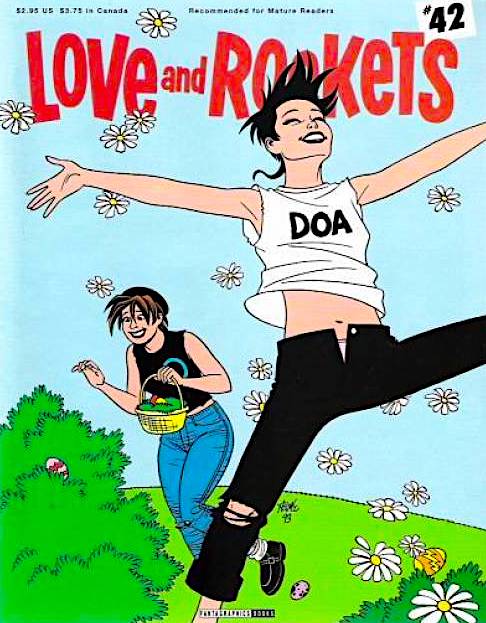 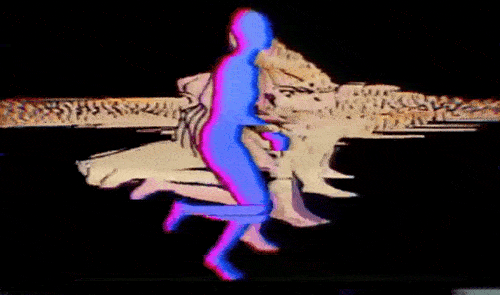 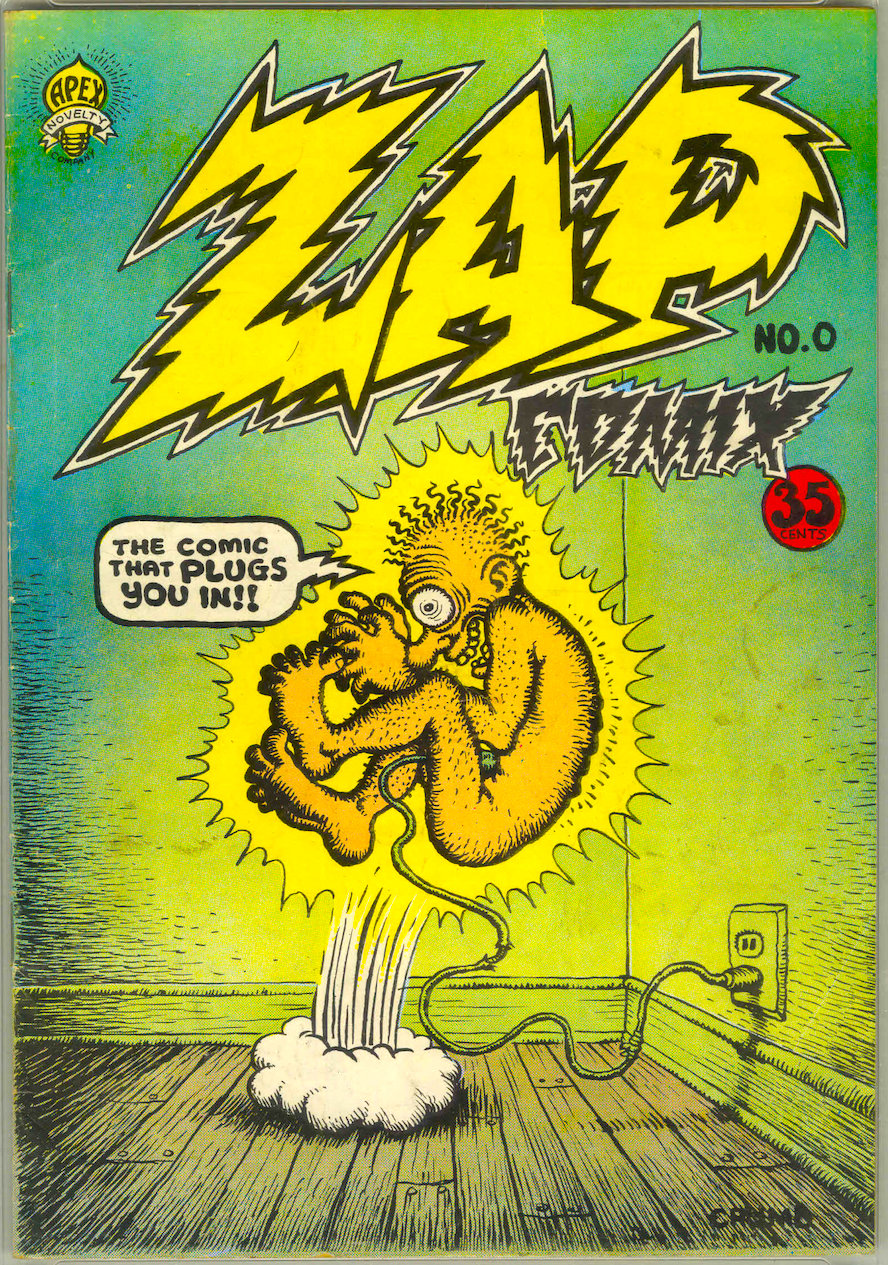  |
|||||||||||||||||||||||||||||||||||||||||||||||||||||||||||||||||||||||||||||||||||||||||||||
|
Fall
2021@SDSU | English 157: Comics &
History
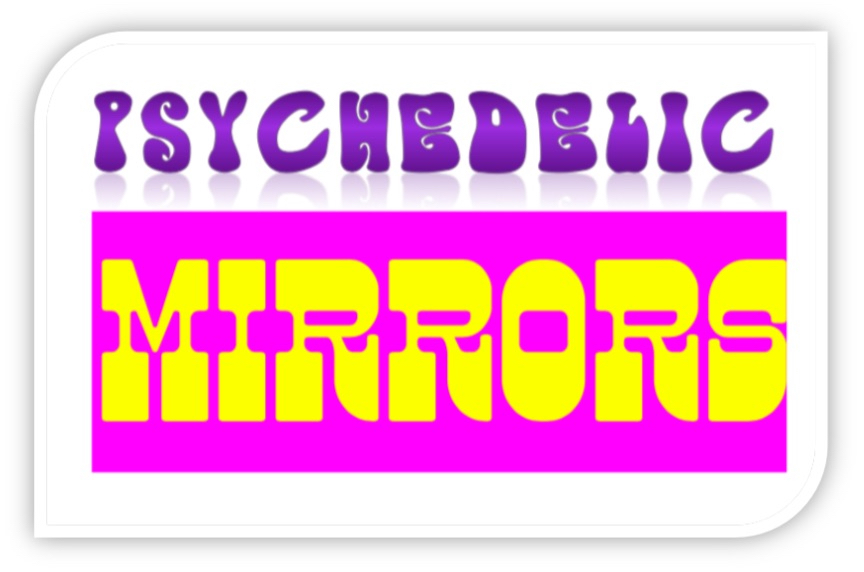 Sex,
Drugs, & Rock'n'Roll in the Age of the
Televisual
Fall 2021@SDSU | Professor
William Nericcio, T/Th 11:00am
|
|||||||||||||||||||||||||||||||||||||||||||||||||||||||||||||||||||||||||||||||||||||||||||||
|
|||||||||||||||||||||||||||||||||||||||||||||||||||||||||||||||||||||||||||||||||||||||||||||
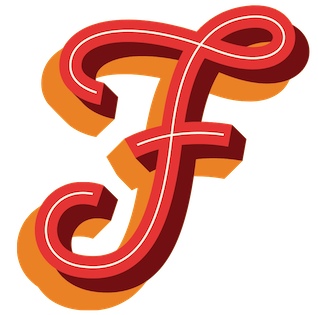 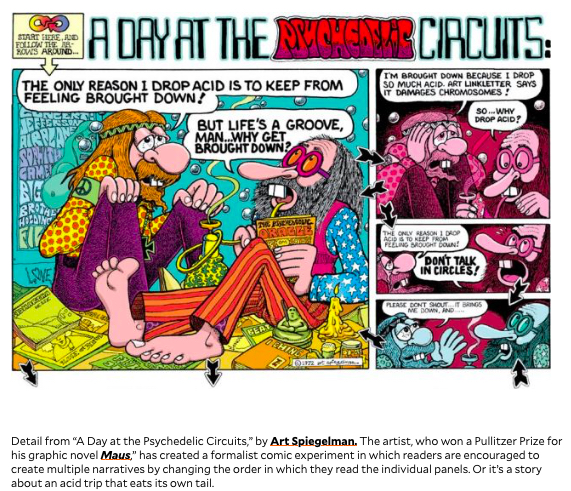 or
too long now, the category of "the psychedelic"
has been associated with LSD, Hippies, the 1960s,
and the summer of love. And for good reason -- it
was during the watershed, tumultuous years of the
60s that revolutionary changes and advances took
place across the United States. or
too long now, the category of "the psychedelic"
has been associated with LSD, Hippies, the 1960s,
and the summer of love. And for good reason -- it
was during the watershed, tumultuous years of the
60s that revolutionary changes and advances took
place across the United States.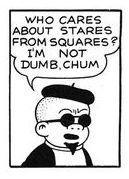 In this class, however, we will
embrace the psychedelic
and "the psyche"
with an emphasis not only on the radical 60s but on
texts that show artists and writers attempting to
convey the complexities of the human spirit. Oh, and
in comic books! And we will do so with the idea firm
in hand that comic books (and literature, and cinema,
and photography, and art) are a kind of
mirror--objects we create, disseminate, (and sell)
that show us refracted visions of ourselves and
others. In this class, however, we will
embrace the psychedelic
and "the psyche"
with an emphasis not only on the radical 60s but on
texts that show artists and writers attempting to
convey the complexities of the human spirit. Oh, and
in comic books! And we will do so with the idea firm
in hand that comic books (and literature, and cinema,
and photography, and art) are a kind of
mirror--objects we create, disseminate, (and sell)
that show us refracted visions of ourselves and
others.  Why
else for these art forms to be striving since our Homo
Sapien (and Neanderthal) ancestors were scribbling
versions of their world view onto cave walls. From
the cave paintings of Lascaux in France to graffiti
tagging on city buildings everywhere — humans have
felt compelled to tell stories with pictures. And to
do so in a way that left a trace of themselves behind! Why
else for these art forms to be striving since our Homo
Sapien (and Neanderthal) ancestors were scribbling
versions of their world view onto cave walls. From
the cave paintings of Lascaux in France to graffiti
tagging on city buildings everywhere — humans have
felt compelled to tell stories with pictures. And to
do so in a way that left a trace of themselves behind!(Click
image opposite to enlarge--click here
for a diverting interpretation
of this 1000s year old tag).
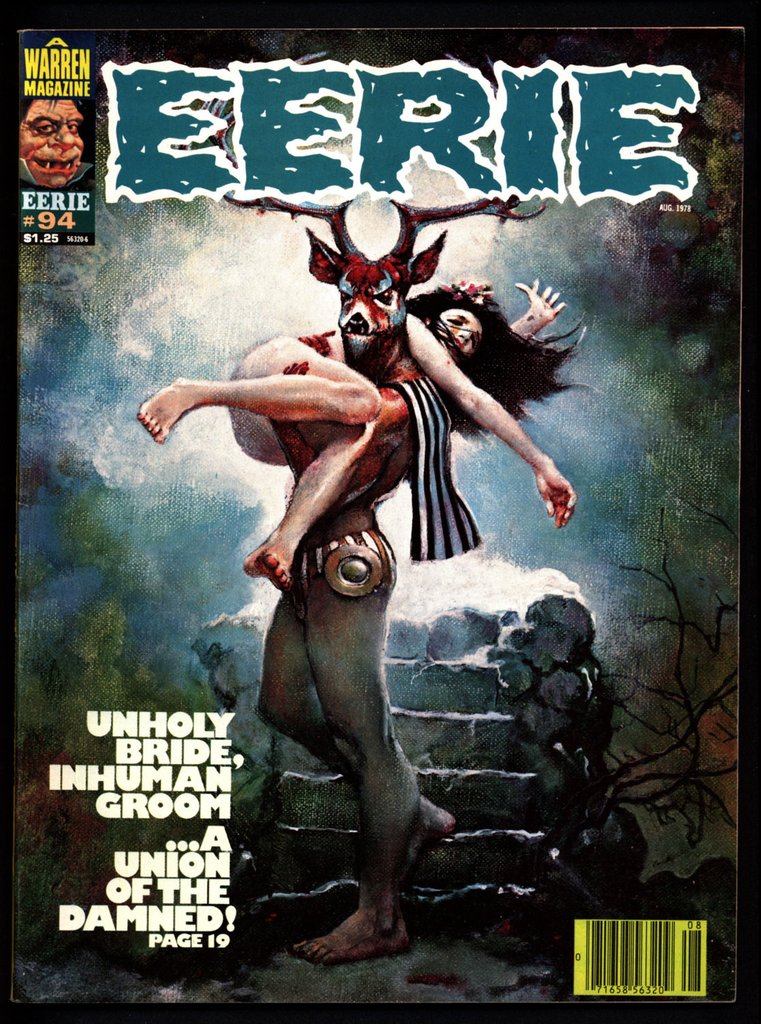 But why "Comic Books" or Comics
(or Comix)? Sequential art (the fancy name for what
we usually call comics or graphic novels) is most
contemporary manifestation of those remarkable cave
illustrations, offering readers and viewers a visual
text, sometimes accompanied with words, meant to be
read and seen by the viewer. Our always
evolving circus of a class will offer students from
all majors and minors a brief study of comic books
and visual cultural studies including graphic works
from medieval manuscripts to cutting-edge 21st
century video games. But why "Comic Books" or Comics
(or Comix)? Sequential art (the fancy name for what
we usually call comics or graphic novels) is most
contemporary manifestation of those remarkable cave
illustrations, offering readers and viewers a visual
text, sometimes accompanied with words, meant to be
read and seen by the viewer. Our always
evolving circus of a class will offer students from
all majors and minors a brief study of comic books
and visual cultural studies including graphic works
from medieval manuscripts to cutting-edge 21st
century video games.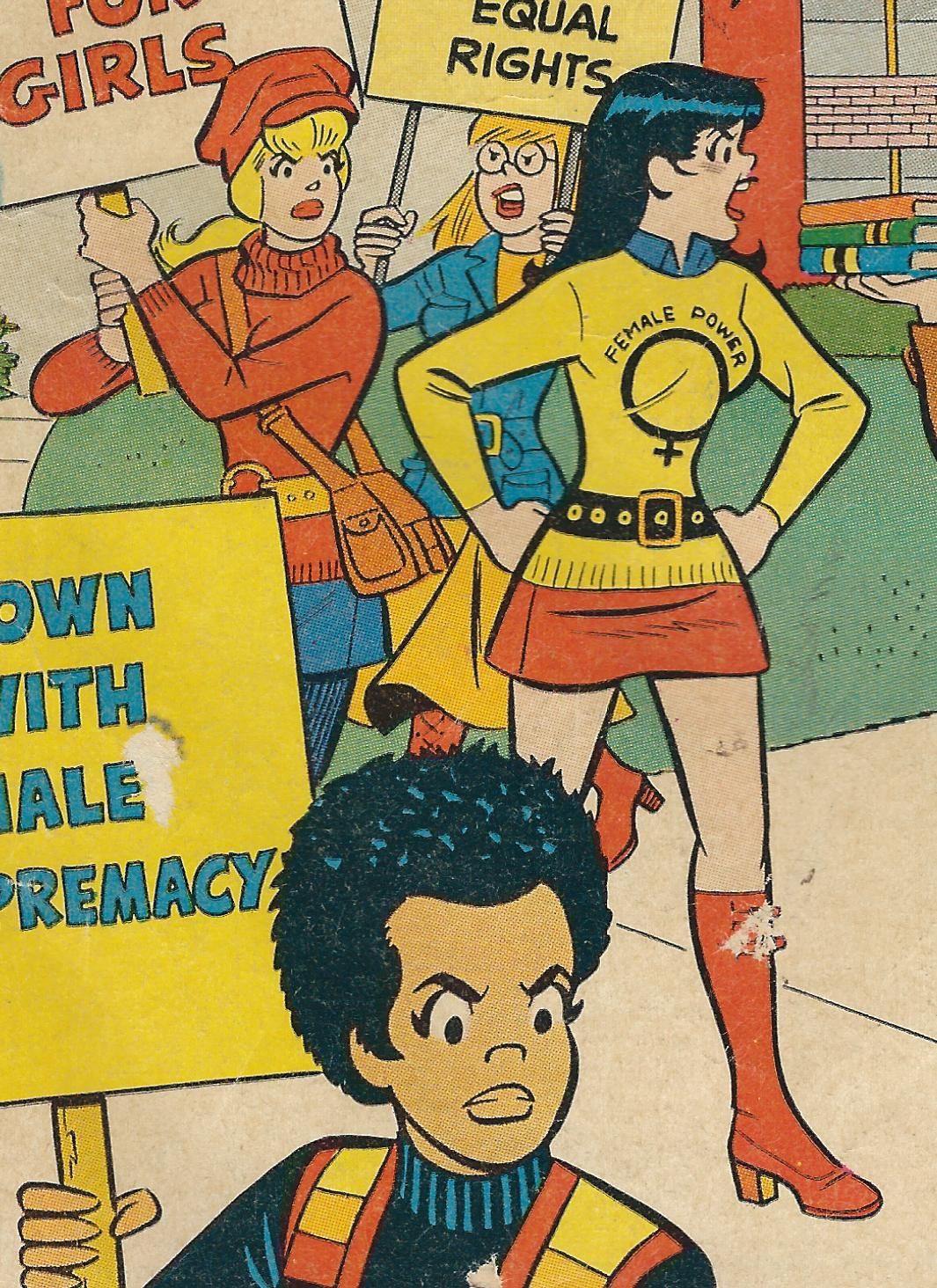 As we wrestle with these
outrageous graphic beasts, students will develop an
appreciation of, and a language for, analyzing
comics as an art form. But more than that, we will
come to experience comics for all they are,
including: 1]. the precursor for motion pictures
back in the day; 2]. a revolutionary art form that
put the revolution into cultural resistance back in
the 1960s; and, 3]: perhaps most interestingly, a
psychedelic medium, an evolving, even mesmerizing,
medium that gives us the next, best incarnation of
literature today. As we wrestle with these
outrageous graphic beasts, students will develop an
appreciation of, and a language for, analyzing
comics as an art form. But more than that, we will
come to experience comics for all they are,
including: 1]. the precursor for motion pictures
back in the day; 2]. a revolutionary art form that
put the revolution into cultural resistance back in
the 1960s; and, 3]: perhaps most interestingly, a
psychedelic medium, an evolving, even mesmerizing,
medium that gives us the next, best incarnation of
literature today. During the course of the semester, students can expect to read and engage with works by Frida Kahlo, Noam Chomsky, Robert Crumb, Frederick Luis Aldama, Emil Ferris, and Daniel Clowes among others. |
|||||||||||||||||||||||||||||||||||||||||||||||||||||||||||||||||||||||||||||||||||||||||||||
UPDATE:
THE BOOKS BELOW APPEAR IN
ROUGHLY THE ORDER WE
WILL
BE READING THEM IN CLASS
DURING THE SEMESTER
Click each cover above the Aztec Shops Link graphic to see the correct print edition of all the books we are studying together this semester! Should you buy print editions or digital editions? What about pirated pdfs? You are welcome to pursue what you see fit, but, despite the expense, nothing beats working with the best, printed edition of the book. Should you rent or buy? That is up to you! But remember, your bookshelf is like a mirror of the journey of your psyche--a snapshot of the evolution of your imaginations. Empty bookshelf?
= Erased
intellectual legacy
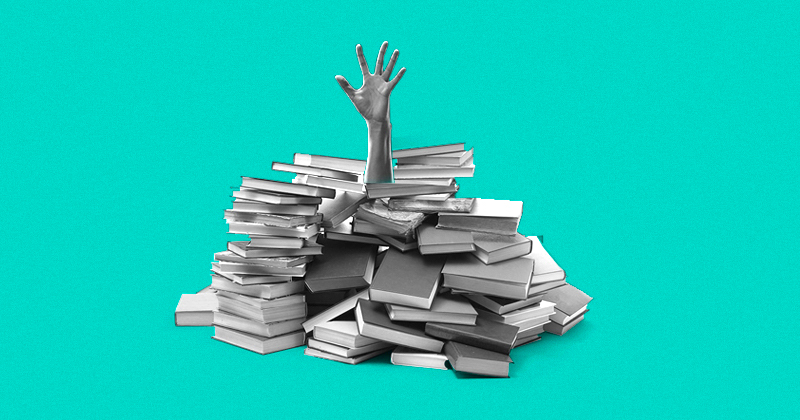 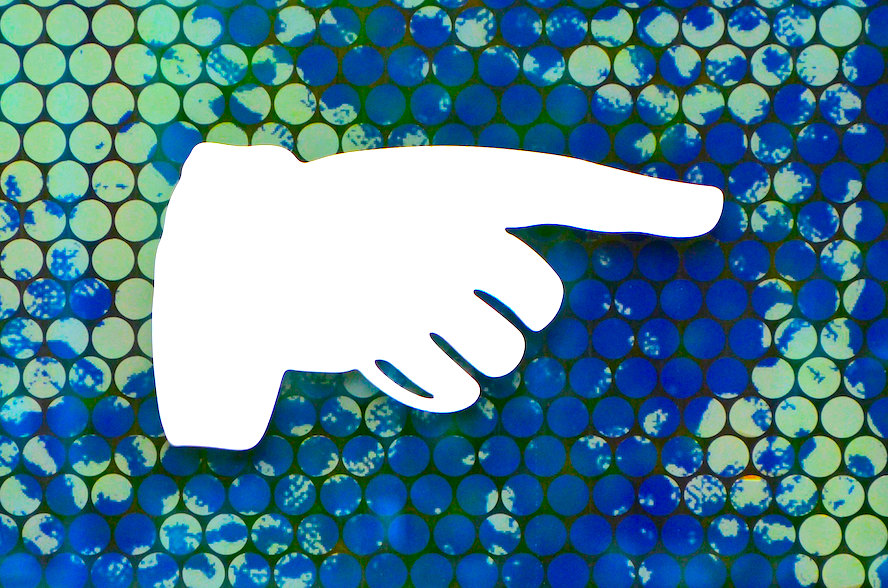 A
note about purchasing books in our
special, outrageous, and comics filled
#psychedelicmirrors comix/visual
cultural studies
class... You might be asking yourself,
"should I go ebook or old school
paper-book?" For the purposes of this
section of English 157, you MUST
'go old school,' 'old gangster,' and buy
or rent the real thing -- and, though i
don't care WHERE you purchase/rent this
paper artifact, make sure it is the
edition they carry in the campus
bookstore! A
note about purchasing books in our
special, outrageous, and comics filled
#psychedelicmirrors comix/visual
cultural studies
class... You might be asking yourself,
"should I go ebook or old school
paper-book?" For the purposes of this
section of English 157, you MUST
'go old school,' 'old gangster,' and buy
or rent the real thing -- and, though i
don't care WHERE you purchase/rent this
paper artifact, make sure it is the
edition they carry in the campus
bookstore! Why? So that we will all be on the same page during discussions, in-class writing assignments, quizzes, etc. And I mean that literally and figuratively: ON THE SAME PAGE!!! 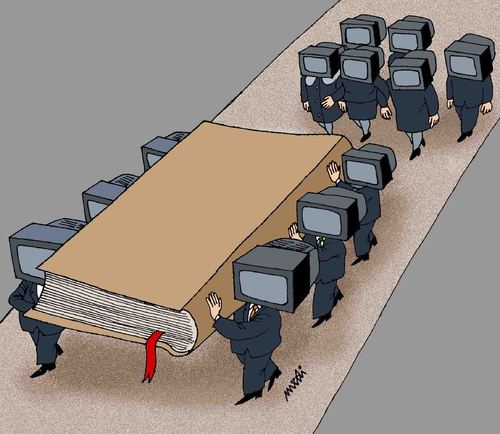
You may have heard we are living through
the age of the 'Death of the Book.'
Don't buy the hype. Just as a Biology
101 professor might scoff at you if you
walked into an anatomy lab wanting to
use your 'scalpel app', or an archeology
prof on a dig would faint if you wanted
to use your 'shovel app,' it's the same
thing here. Literature is about
books--paper, black ink, paste, etc. As
to whether you should rent or buy--keep
in mind that literature books are NOT
textbooks. They actually look good
on your shelves and tell the world a lot
about yourself--basically, they are an
intellectual mirror of your tastes,
range, and depth. That said, it isYOUR call
whether you rent the books or add them
to your life journey!
|
|||||||||||||||||||||||||||||||||||||||||||||||||||||||||||||||||||||||||||||||||||||||||||||
|
Student Learning
Outcomes
Blah. Blah. Blah.  Usually, state-mandated or CSU-authored "student learning outcomes" read like the drivel you don't read when you update the OS of your phone or laptop. We here at the Virus Eye/I think differently. Here's our promise. If you do all the readings and attend all of the classes, I promise you will be able to talk about comics, literature, art, television, and culture as well as Nerdwriter, aka Evan Puschak. Or, at the very least, pretty close to his capabilities! Watch both of these whether you are familiar with comics or not! Nerdwriter on Art Spiegelman's MAUS
Nerdwriter on Neil Gaiman's THE SANDMAN |
|||||||||||||||||||||||||||||||||||||||||||||||||||||||||||||||||||||||||||||||||||||||||||||
 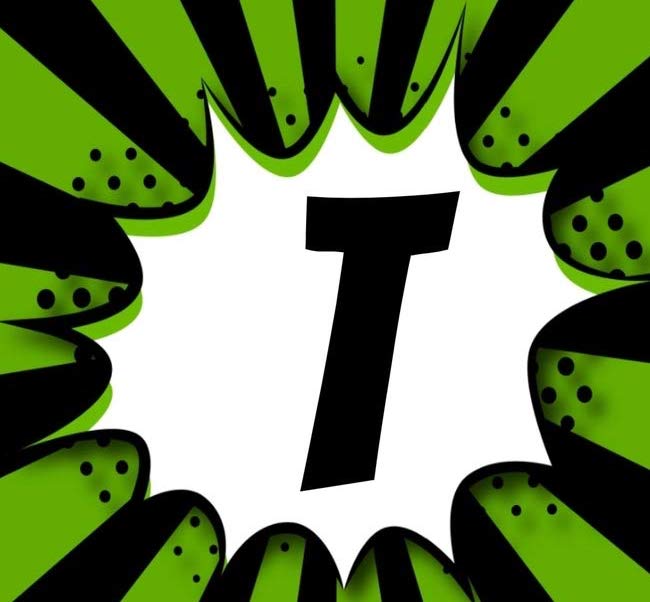 his is a university-level
course in comics, literature, film, art, and the
internet--as it is thematically focused on issues of
representation, subjectivity, psychology, and
sexuality, it should not come as a shock that students
in the class may, from time to time, encounter
characters, ideas, situations, images, language, and
scenarios that make them uneasy. his is a university-level
course in comics, literature, film, art, and the
internet--as it is thematically focused on issues of
representation, subjectivity, psychology, and
sexuality, it should not come as a shock that students
in the class may, from time to time, encounter
characters, ideas, situations, images, language, and
scenarios that make them uneasy. WELCOME TO THE UNIVERSITY! The antithesis of a place of worship, the flipside of a space dedicated to faith and belief, the university is a site of questioning--a sacred space of critical thinking, skepticism, cynicism and irony. So open your eyes, jump-start your mind, and prepare to enter the choppy corridors of the always already evolving world of comics and history. 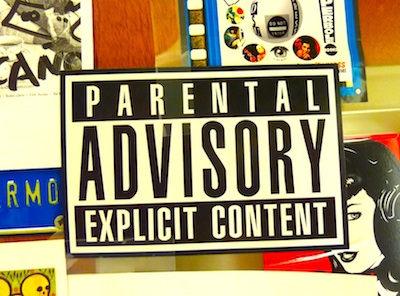 |
|||||||||||||||||||||||||||||||||||||||||||||||||||||||||||||||||||||||||||||||||||||||||||||
 If you are a student with a disability and believe you will need accommodations for this class, it is your responsibility to contact Student Ability Success Center at (619) 594-6473. To avoid any delay in the receipt of your accommodations, you should contact Student Ability Success Center as soon as possible. Please note that accommodations are not retroactive, and that I cannot provide accommodations based upon disability until I have received an accommodation letter from Student Ability Success Center. Your cooperation is appreciated. |
|||||||||||||||||||||||||||||||||||||||||||||||||||||||||||||||||||||||||||||||||||||||||||||
 Your Day to Day Calendar of
Assignments during your incarceration in the
#psychedelicmirror!!!
|
|||||||||||||||||||||||||||||||||||||||||||||||||||||||||||||||||||||||||||||||||||||||||||||
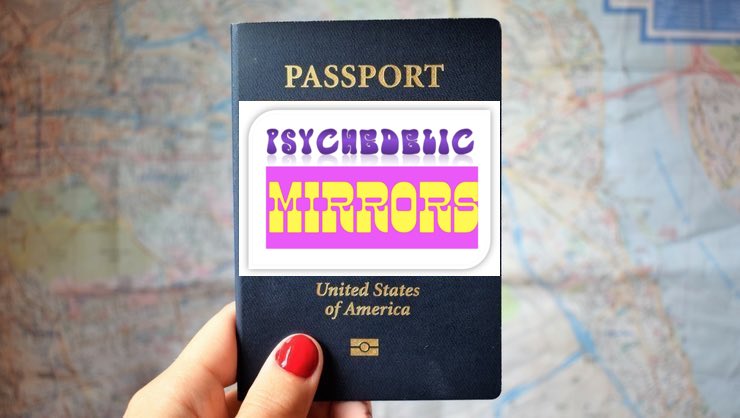 Engl
157: Comics &
History Passport A Description of How Your Work Will Be Evaluated in #psychedelicmirrors This section of your online syllabus documents how your work will be evaluated Fall 2021. Here you will find all the little gates, cages, locks, statutes, ordinances, edicts, and formulas that allow our innovative comics and history collective to thrive.  Let me underscore that you have absolute
intellectual freedom in our seminar, BUT to receive
these awesome rights, you must also follow the serious
but reasonable responsibilities outlined on this part of your
syllabus. Let me underscore that you have absolute
intellectual freedom in our seminar, BUT to receive
these awesome rights, you must also follow the serious
but reasonable responsibilities outlined on this part of your
syllabus. After all, we want to have a great time, to be the best literature/cultural studies class on the West Coast, even! Take that USC! Eat my dust UCLA! And it will be easier to achieve this semester as they, like us, are online all the time! But to do that, we need room for intellectual play--a safe asylum within which to forge our comics-laced, history-filled wanderlust. So, then, read these laws carefully and thoroughly, so when you sign on for our first class on August 23, 2021, you will know what you are in for! OFFICE HOURS Tuesdays 12:30 to 2:30pm in Arts and Letters 273
Now,
post-covid, we do have to be careful though--so
regardless of what the CDC advises, please visit
Arts and Letters 273 wearing a nice, clean mask! At SDSU, it's
easy to fall through the cracks, to feel that you are
nothing but a Red ID# or some warm pile of sentient
flesh filling a seat. In order to convince you that the Professor
teaching you is occasionally human, please make
a point during the semester to take the time to
introduce yourself whether it be by piping up in
class, zapping me an email, or posting on one of our
social media channels. Regardless of how we end up arranging things, if you find my posted office hours are inconvenient, do not hesitate to email me for a phone or zoom appointment either at memo@sdsu.edu or bnericci@mail.sdsu.edu You can also call me at 619.594.1524 via telephone, but keep in mind I don't check my medieval office landline very often!PASSPORT RULE 1 BOOKS_BOOKS_BOOKS BUY THE BOOKS AND READ
THEM--DON'T COME TO SEMINAR WITHOUT YOUR BOOK! Though we very much adore
living in the 21st century, we will, for the most
part use ANALOG, printed books in this class. So
check out each one and buy them now! PASSPORT RULE 2 READ_READ_READ! When you enter
this room for class you will have completed the reading that appears
on the day-to-day class calendar, aka the
Daily Lineup! Please note the word
"finished" (not "started," not "skimmed," not
"glanced," and most decidedly NOT "I read the
Cliffs/Sparks Notes and a review of the damned thing
online!"). Do
the readings. Do them twice if
you can MAKE the time! I know, you are saying to
yourself, "they don't make me read in my other
classes" or some other sort of nonsense... well here,
you must! Think twice about joining us online if you
have not finished the readings--the quality of our
class depends upon your dedicated work and your
relentless and independent curiosity. Without your
periodic intellectual donations, the class is likely
to evolve into a boring, even painful waste of
time.
Have you noticed
how anytime a student uses a laptop in an auditorium
there is a "cone
of distraction" alongside and behind the student using a
computer? This is usually
due to said student surfing the web via wi-fi perusing
erotic delights or god knows what. I was
recently at a cool (ok, it was slightly boring, I
confess) lecture by a noted writer--as I tried to
listen to her, in front of me, a diverted student
(attending the lecture, no doubt, for extra-credit)
was perusing sites like these
(nsfw or school). So, laptops are GREAT for
entering your notes AFTER class, but they will not
be allowed in our lecture hall. If you have an issue with this, schedule a
meeting with me during office hours to chat the
first week of class. THE SMARTPHONE!
PASSPORT RULE 5 Charlie-Delta_Thief
In the university, plagiarism refers to the art and crime of presenting other people's work under your own signature, aka cutting and pasting copied crap from Wikipedia--definitely a BAD thing. While your professor is forbidden by CSU/SDSU code from tattooing the word LOSER on the foreheads of guilty students, he can promise that felonious students will be remanded to the state-authorized SDSU executioners. Read THIS as well--SDSU is SERIOUS about this shit, so don't take any chances! Rely on your own singular mind and imagination! Major Course Requirements
QUIZZES & ATTENDANCE
Missing class, you miss, as well, the whole point of the adventure. That DOES NOT MEAN that we will
meet as a ZOOM class for every class session--but it does
mean that when we do, you are expected to be there
attending virtually. What does that mean? It
means DON'T SCHEDULE WORK FOR DURING CLASS TIME as you
will be SOL, "soooooooo out of luck." So please bypass no more than three
classes during the semester--you are responsible for
any work/notes you miss when you are absent and can PRESUME
that what you missed that day was important! If you miss MORE than
three classes during the term and your grade will
decay in an ugly way. EXAMPLES: your hard-earned A-
will morph into a B-; your "gentleman's C" will
appear on the webportal as a "D," etc. etc. Ditching
this class too often will be as fun as a case of
flesh-eating virus. While attendance was not really
an issue last semester during the beginnings of the
COVID crisis, it will be this fall as we all go into
this semester with eyes open. During the semester,
you can expect several In-class Panic-Inducing
Challenges otherwise known as CHECK-YOU-DID-THE-READING
QUIZZES. You
can expect these miserable quizzes from time to
time, the number of quizzes depending on how many
of you are nostalgic for high school. In other
words, if everyone acts like a talented university
student, we will enjoy FEW if any quizzes during
our semester. There
will be both a Mid-Term VirusEYE Challenge, a
Mid-Semester test administered on Thursday, October 28, 2021
at 11am in GMCS 333 ... and...
...a Final VirusEYE Challenge (aka, the FINAL EXAM) on the last regularly scheduled day of class: Thursday, December 9, 2021 at 11am in GMCS 333. Your final is absolutely comprehensive; it assumes you have read all the books and screened all the movies that are part of our required work. If you do the work, the final is a breeze--even "fun" if you can believe it. If you slack off, you will find the final In-Class Imagination Challenge as enjoyable as being the waiter for the Here Comes Honey Boo-Boo clan! |
|||||||||||||||||||||||||||||||||||||||||||||||||||||||||||||||||||||||||||||||||||||||||||||
 The Fine Print |
SDSU POLICIES
Course InformationSection
Details:
Mode: [face to face lecture] Instructor: Dr. William Nericcio Phone: 619-594-1524 Email: bnericci@sdsu.edu Office location: AL 273 Office hours: Tuesdays 12:30 to 2:30pm in Arts and Letters 273 Catalog Description: ENGL
157 -
Comics and History
Units: 3 GE Same As: HIST 157. Effective
Fall 2021, students who register for
face-to-face classes are expected to attend as
indicated in the course schedule. Faculty
teaching face-to-face courses will not be
required to create a new, alternative on-line
class as an accommodation for any student. Students
with medical conditions that would present a
COVID-related risk in a face-to-face
instructional setting should contact the Student
Ability Success Center (https://sdsu.edu/sasc) to begin the process
of getting support. Students who do
not adhere to the Covid19
Student Policies or the
directives of their faculty will be directed to
leave the classroom and will be referred to the
Center for Student Rights and Responsibilities. Do
not come to campus if you do not feel well.
Remain home and monitor your symptoms and seek
medical attention as needed.
The California State University announced today that it will require faculty, staff and students who are accessing campus facilities at any university location to be immunized against SARS-CoV-2, the virus that causes COVID-19. Because of evolving circumstances, the university is announcing the pending requirement now without waiting for any further action by the U.S. Food and Drug Administration. … more Course materials See ABOVE! Course Design: Major Assignments and Assessments See Above Course Schedule See above Grading Policies See PASSPORT, above! Student Learning Outcomes
Students are provided with an SDSU Gmail account, and this SDSU email address will be used for all communications. University Senate policy notes that students are responsible for checking their official university email once per day during the academic term. For more information, please see Student Official Email Address Use Policy here. My preferred gender pronouns are he, him, his. Class rosters are provided to the instructor with the student's legal name. I will gladly honor your request to address you by an alternate name and/or gender pronoun. Please advise me of this early in the semester so that I may make appropriate changes to my records. TechnologySince Gutenberg, printed books are one of the most remarkable inventions in the history of man—we will make great use of this invention. ● University policy instructs students to contact their professor/instructor/coach in the event they need to miss class due to an illness, injury, or emergency. All decisions about the impact of an absence, as well as any arrangements for making up work, rest with the instructors. ● If a student misses class because of COVID-19, either because they have been diagnosed and are quarantined or are required to isolate and would like to request a class excuse letter, the student should send an email to vpsafrontdesk@sdsu.edu to notify the university. Student Affairs and Campus Diversity will initiate the process for absent letters to be sent to course instructors, Assistant Deans, and the Provost. Medical documentation may be required prior to the letter being issued. ● Student Health Services (SHS) does not provide medical excuses for short-term absences due to illness or injury. When a medical-related absence persists beyond five days, SHS will work with students to provide appropriate documentation. ● When a student is hospitalized or has a serious, ongoing illness or injury, SHS will, at the student's request and with the student’s consent, communicate with the student’s instructors via the Vice President for Student Affairs and Campus Diversity and may communicate with the student’s Assistant Dean and/or the Student Ability Success Center. Finding Help on CampusNeed help finding an advisor, tutor, counselor, or require emergency economic assistance? The SDSU Student Success Help Desk is here for you. Student assistants are available via Zoom Monday through Friday, 9:00 AM to 4:30 PM to help you find the office or service that can best assist with your particular questions or concerns. ● CAL Student Success Center: https://cal.sdsu.edu/student-resources/student-success ● College of Education Student Success Center: https://education.sdsu.edu/oss ● Center for Student Success in Engineering: https://csse.sdsu.edu/ ● CoS Student Success Center: https://cossuccess.sdsu.edu/ ● FSB Student Success Center: https://business.sdsu.edu/undergrad/advising ● HHS Advisors: https://chhs.sdsu.edu/student-resources/advising/ ● IVC Student Success and Retention: https://ivcampus.sdsu.edu/student_affairs/retention ● PSFA Advisors: https://psfa.sdsu.edu/resources/student_advisors Academic HonestyThe University adheres to a strict policy prohibiting cheating and plagiarism. Examples of academic dishonesty include but are not limited to: ● Copying, in part or in whole, from another's test or other examination; ●
Obtaining copies of a test, an
examination, or other course material ● Collaborating with another or others in coursework without the permission of the instructor; ● Falsifying records, laboratory work, or other course data; ● Submitting work previously presented in another course, if contrary to the policies of the course; ● Altering or interfering with grading procedures; ● Assisting another student in any of the above; ● Using sources verbatim or paraphrasing without giving proper attribution (this can include phrases, sentences, paragraphs and/or pages of work); ● Copying and pasting work from an online or offline source directly and calling it one's own; ● Using information found from an online or offline source without giving the author credit; ● Replacing words or phrases from another source and inserting one's own words or phrases. Unauthorized recording or dissemination of virtual course instruction or materials by students, especially with the intent to disrupt normal university operations or facilitate academic dishonesty, is a violation of the Student Conduct Code. This includes posting of exam problems or questions to on-line platforms. Violators may be subject to discipline. The California State University system requires instructors to report all instances of academic misconduct to the Center for Student Rights and Responsibilities. Academic dishonesty will result in disciplinary review by the University and may lead to probation, suspension, or expulsion. Instructors may also, at their discretion, penalize student grades on any assignment or assessment discovered to have been produced in an academically dishonest manner. Classroom Conduct StandardsSDSU students are expected to abide by the terms of the Student Conduct Code in classrooms and other instructional settings. Violation of these standards will result in referral to appropriate campus authorities. Prohibited conduct includes: ● Willful, material, and substantial disruption or obstruction of a University-related activity, or any on-campus activity. ● Participating in an activity that substantially and materially disrupts the normal operations of the University or infringes on the rights of members of the University community. ● Unauthorized recording, dissemination, or publication (including on websites or social media) of lectures or other course materials. ● Conduct that threatens or endangers the health or safety of any person within or related to the University community, including:
AccommodationsSDSU via the Student Ability Success Center (SASC) provides accommodations for students with documented disabilities or medical conditions covered under the Americans with Disabilities Act (ADA). In keeping with current public health guidance, I cannot provide arrangements to students without an ADA-qualified disability or medical condition. If you are a student with a disability and are in need of accommodations for this class, please contact the Student Ability Success Center at sascinfo@sdsu.edu (or go to sdsu.edu/sasc) as soon as possible. Please know accommodations are not retroactive, and I cannot provide accommodations based upon disability until I have received an accommodation letter from the Student Ability Success Center. SASC registration and accommodation approvals may take up to 10-14 business days, so please plan accordingly. Student Privacy and Intellectual PropertyThe Family Educational Rights and Privacy Act (FERPA) mandates the protection of student information, including contact information, grades, and graded assignments. I will use tinyletter.com to communicate with you, and I will not post grades or leave graded assignments in public places. Students will be notified at the time of an assignment if copies of student work will be retained beyond the end of the semester or used as examples for future students or the wider public. Students maintain intellectual property rights to work products they create as part of this course unless they are formally notified otherwise. Religious ObservancesAccording to the University Policy File, students should notify instructors of planned absences for religious observances by the end of the second week of classes. Academic Support ServicesA complete list of all academic
support services—including the Writing
Center and Math Learning Center—is
available
on the Student Affairs’ Academic
Success website. Counseling & Psychological
Services (619-594-5220, sdsu.edu/cps) offers a range
of psychological services for students.
Emergency support is available after hours at
the same phone number. The San Diego Access and
Crisis Line can also be accessed 24 hours/day
(1-888-724-7240). Sexual violence / TItle IX mandated reportingAs an instructor, one of my
responsibilities is to help create a safe learning
environment on our campus. I am a mandated
reporter in my role as an SDSU employee. It is my
goal that you feel able to share information
related to your life experiences in classroom
discussions, in your written work, and in our
one-on-one meetings. I will seek to keep the
information you share private to the greatest
extent possible. However, I am required to share
information regarding sexual violence on SDSU’s
campus with the Title IX coordinator, Gail Mendez
(619-594-6464). She (or her designee) will contact
you to let you know about accommodations and
support services at SDSU and possibilities for
holding accountable the person who harmed you.
Know that you will not be forced to share
information you do not wish to disclose and your
level of involvement will be your choice. If you
do not want the Title IX Officer notified, instead
of disclosing this information to your instructor,
you can speak confidentially with the following
people on campus and in the community. They can
connect you with support services and discuss
options for pursuing a University or criminal
investigation. Sexual
Violence Victim Advocate (619-594-0210) or
Counseling and Psychological Services
(619-594-5220, psycserv@sdsu.edu).
For more information regarding your university
rights and options as a survivor of sexual
misconduct or sexual violence, please visit titleix.sdsu.edu. SDSU Economic Crisis Response TeamIf you or a friend are experiencing food or housing insecurity, technology concerns, or any unforeseen financial crisis, it is easy to get help! Visit sdsu.edu/ecrt for more information or to submit a request for assistance. SDSU’s Economic Crisis Response Team (ECRT) aims to bridge the gap in resources for students experiencing immediate food, housing, or unforeseen financial crises that impact student success. Using a holistic approach to well-being, ECRT supports students through crisis by leveraging a campus-wide collaboration that utilizes on- and off-campus partnerships and provides direct referrals based on each student’s unique circumstances. ECRT empowers students to identify and access long-term, sustainable solutions in an effort to successfully graduate from SDSU. Within 24 to 72 hours of submitting a referral, students are contacted by a member of ECRT and are quickly connected to the appropriate resources and services. For students who need assistance accessing technology for their classes, visit our ECRT website (sdsu.edu/ecrt) to be connected with the SDSU library's technology checkout program. The technology checkout program is available to both SDSU and Imperial Valley students. Land AcknowledgementWe stand upon a land that carries the footsteps of millennia of Kumeyaay people. They are a people whose traditional lifeways intertwine with a worldview of earth and sky in a community of living beings. This land is part of a relationship that has nourished, healed, protected and embraced the Kumeyaay people to the present day. It is part of a world view founded in the harmony of the cycles of the sky and balance in the forces of life. For the Kumeyaay, red and black represent the balance of those forces that provide for harmony within our bodies as well as the world around us. As students, faculty, staff and alumni of San Diego State University we acknowledge this legacy from the Kumeyaay. We promote this balance in life as we pursue our goals of knowledge and understanding. We find inspiration in the Kumeyaay spirit to open our minds and hearts. It is the legacy of the red and black. It is the land of the Kumeyaay. 'eyay e’haan My heart is good DIVERSITY AND INCLUSIONThere is one way all of us in our class are members of the same minority! We are in a university—and most folks in the USA don’t go to university, let alone finish it. So we are all, each and every one of us, an educated minority and we will work to take care of each other throughout the year as our semester unfolds! |
|||||||||||||||||||||||||||||||||||||||||||||||||||||||||||||||||||||||||||||||||||||||||||||
| GTA
& Professor Gabe García Office Hours!? Check here: https://eyegiene.sdsu.edu/2021/fall/psychedelicimages/gabegarciaOFFICEhours.html Note! Just a reminder that Gabe is available by appointment as well! His email address is ggarcia0620@sdsu.edu.  Gabe García is a graduate
student in the Master of Arts in
Liberal Arts and Sciences program. He received
his B.A. in Art, Media and Culture from the
University of Washington in 2012. His research
interests include intersectionality, interrogating
entrenched sources of power, and cultural critique
of literature, film, video games and other media.
Gabe is also a big nerd who is into Star Trek,
Doctor Who, Star Wars, Marvel, among many others.
García has been admitted to the Ph.D. program in
Rhetoric at the University of New Mexico where he
will begin his next academic adventure, Fall 2022. Gabe García is a graduate
student in the Master of Arts in
Liberal Arts and Sciences program. He received
his B.A. in Art, Media and Culture from the
University of Washington in 2012. His research
interests include intersectionality, interrogating
entrenched sources of power, and cultural critique
of literature, film, video games and other media.
Gabe is also a big nerd who is into Star Trek,
Doctor Who, Star Wars, Marvel, among many others.
García has been admitted to the Ph.D. program in
Rhetoric at the University of New Mexico where he
will begin his next academic adventure, Fall 2022.Dr. William Nericcio Office Hours!? Check here: https://eyegiene.sdsu.edu/2021/fall/psychedelicimages/home.html#passport Note! Just a reminder that Bill is available by appointment as well! His email address is ggarcia0620@sdsu.edu. 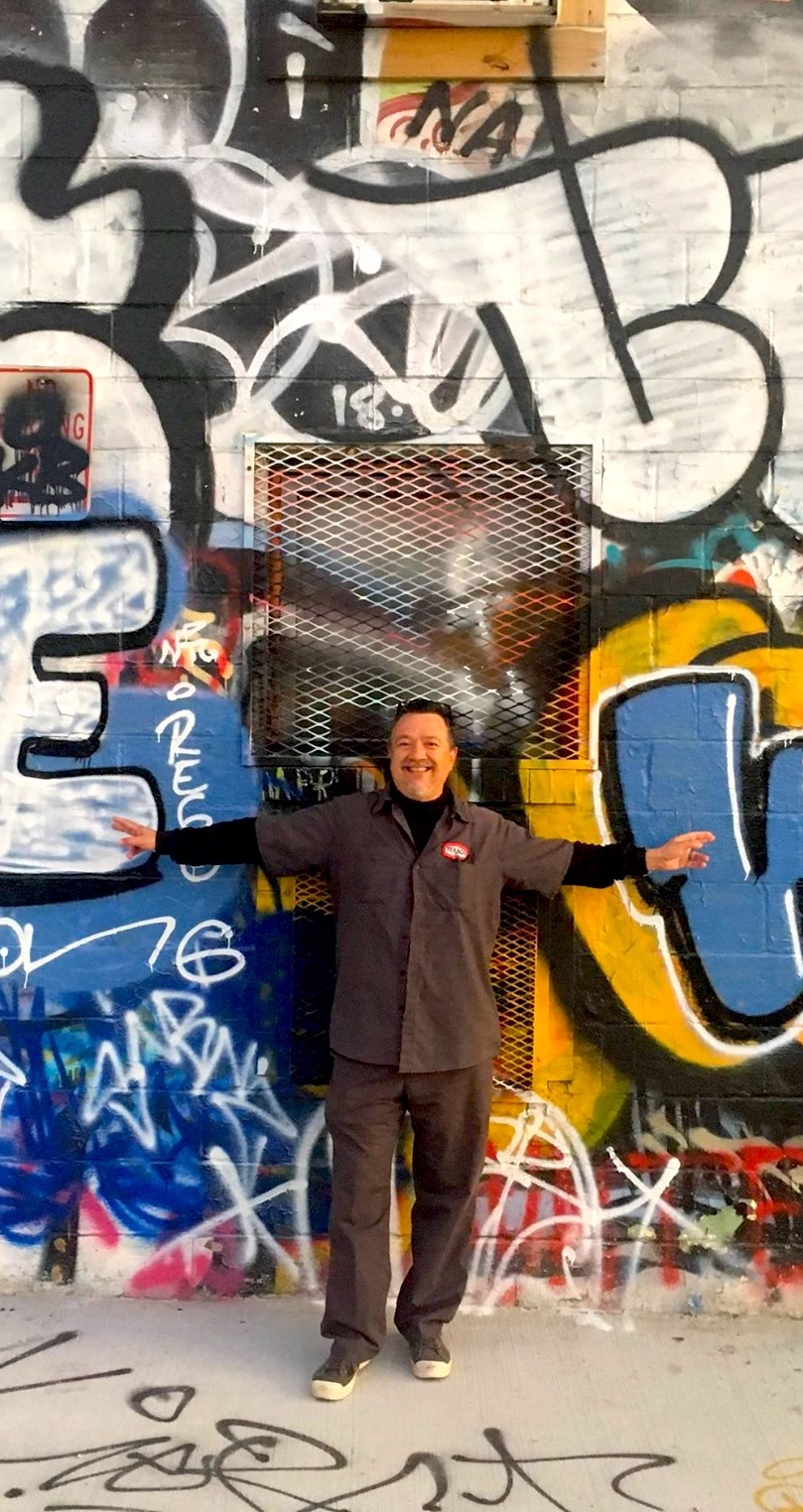 A first-gen denizen of the Ivory Tower,
Dr. William “Memo Nericcio,” was born in Laredo,
Texas, and educated at the University of Texas,
Austin, and Cornell University, where he completed
his Comparative Literature Ph.D. at the age of 26.
Now the Director of MALAS, the Master of Arts in
Liberal Arts and Sciences Program, Nericcio also
serves as Professor of English and Comparative
Literature, and serves on the faculties of
Chicana/o Studies & Latin American Studies at
San Diego State University. A first-gen denizen of the Ivory Tower,
Dr. William “Memo Nericcio,” was born in Laredo,
Texas, and educated at the University of Texas,
Austin, and Cornell University, where he completed
his Comparative Literature Ph.D. at the age of 26.
Now the Director of MALAS, the Master of Arts in
Liberal Arts and Sciences Program, Nericcio also
serves as Professor of English and Comparative
Literature, and serves on the faculties of
Chicana/o Studies & Latin American Studies at
San Diego State University. Nericcio's first book, Tex[t]-Mex: Seductive Hallucinations of "Mexicans" in America, appeared with the University of Texas Press, February, 2007. His next book, an edited anthology of playwright Oliver Mayer's early works, The Hurt Business, appeared April, 2008, and his follow-up to that, Homer from Salinas: John Steinbeck's Enduring Voice for California appeared March, 2009—both with SDSU Press. Nericcio's long-awaited meditation on American visual culture, Eyegiene: Permutations of Subjectivity in the Televisual Age of Sex and Race, is in preparation for UT Press, while his follow-up book to Tex[t]-Mex, with Frederick Luis Aldama, #BrownTV: Latinas and Latinos on the Screen (2019) was published by Ohio State University Press. He also co-edited Cultural Studies in the Digital Age (2020), with Aldama and Italian semiotician Antonio Rafele, for Hyperbole Books. |
#psychedelicmirrors
Psychedelic Mirrors





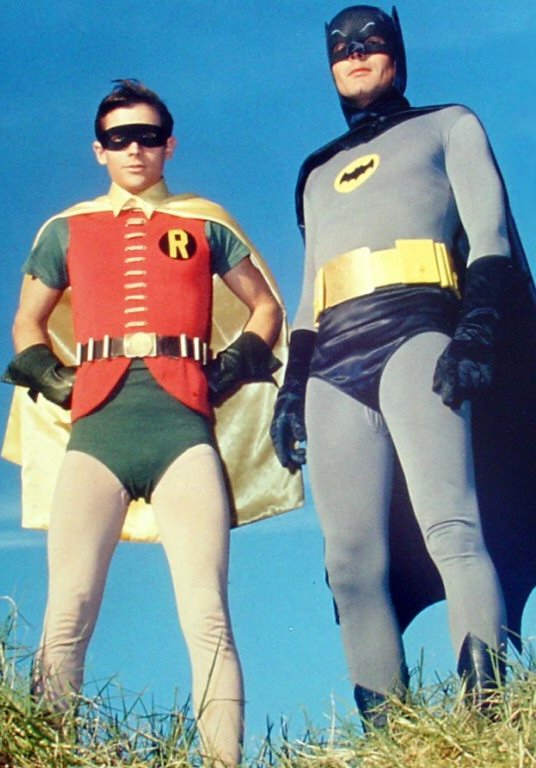
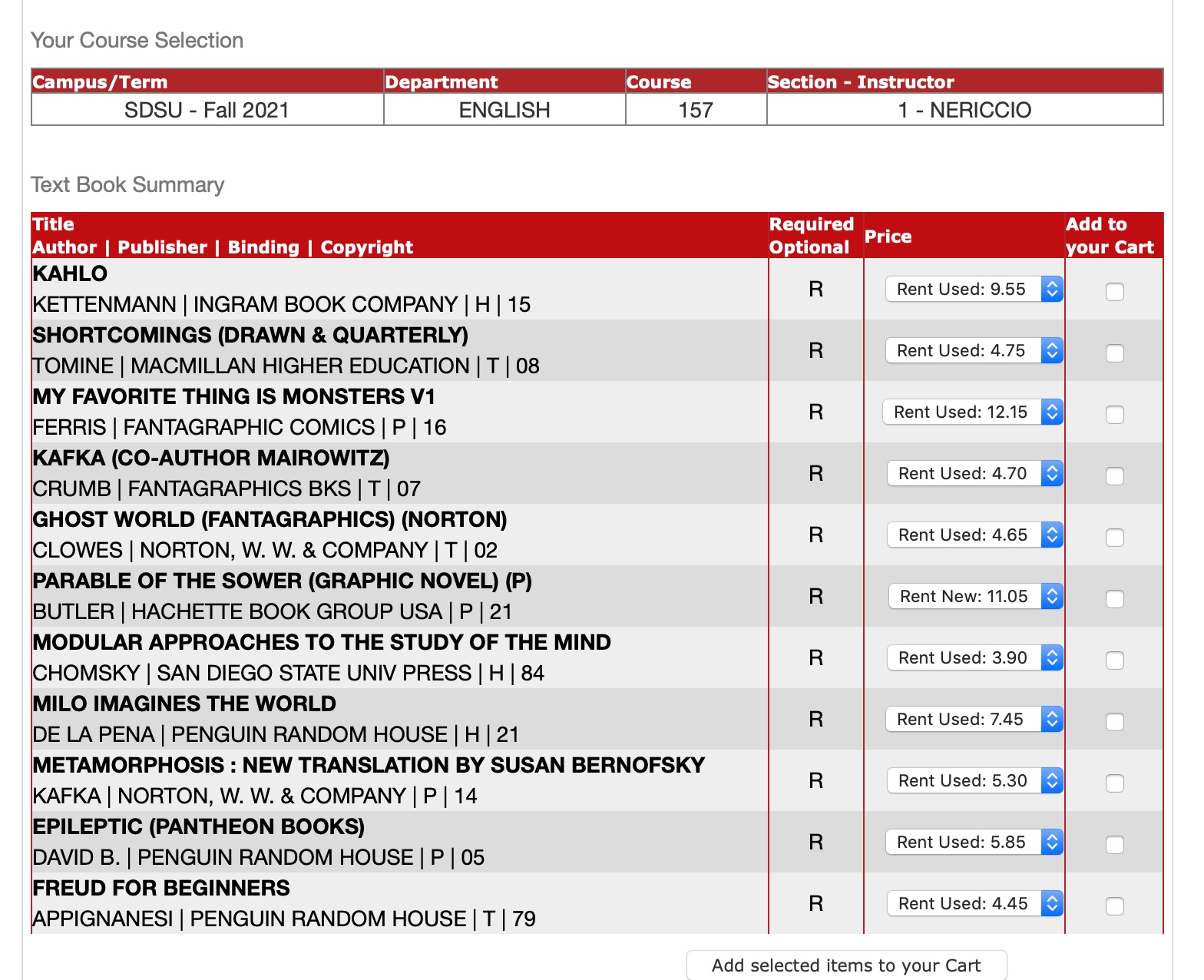
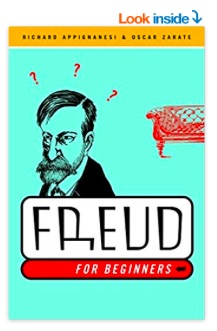
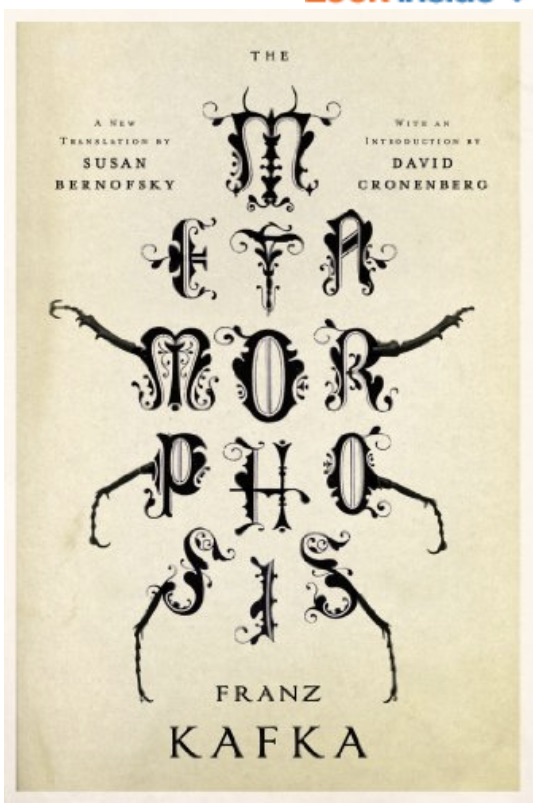

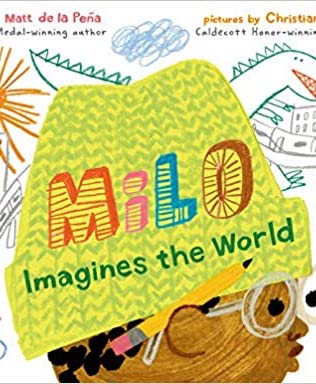
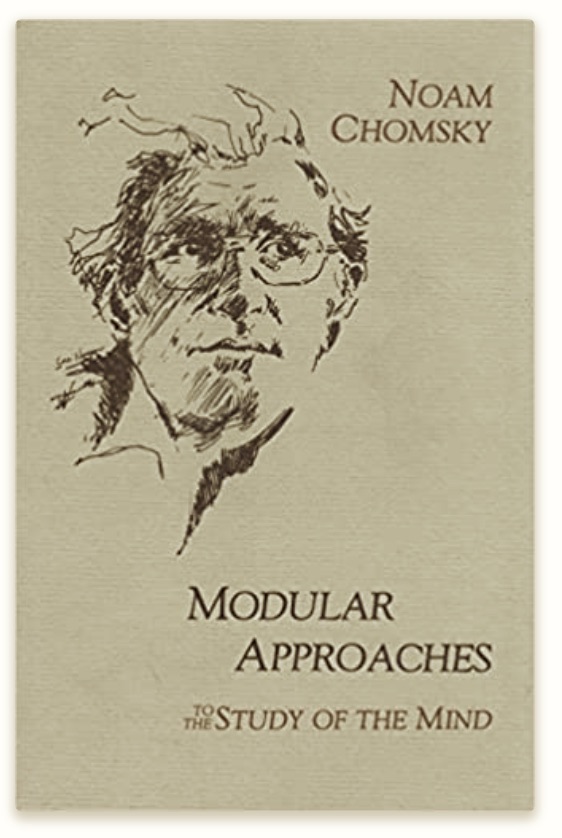
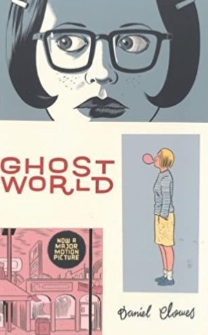
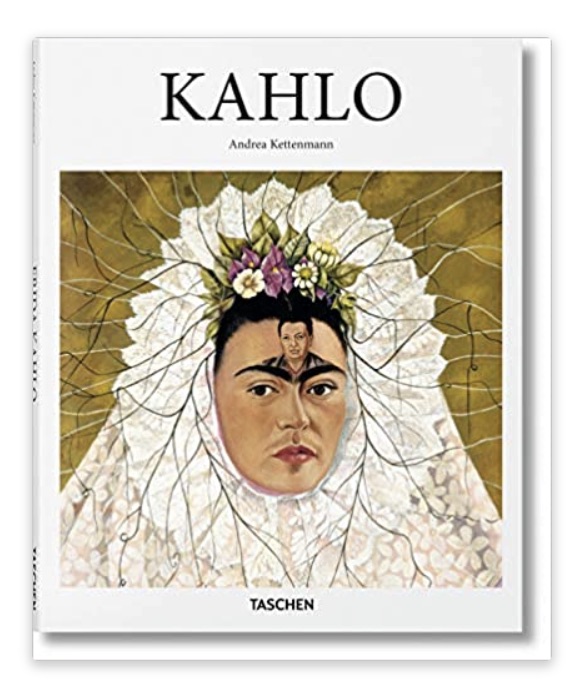 `
`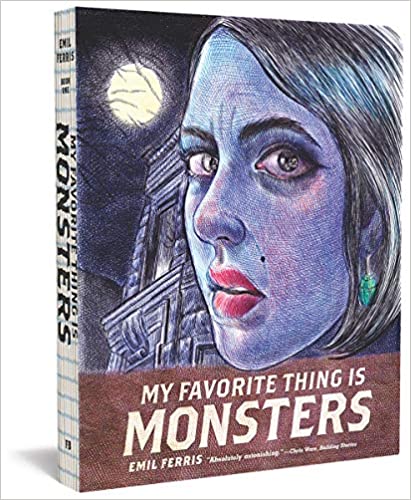
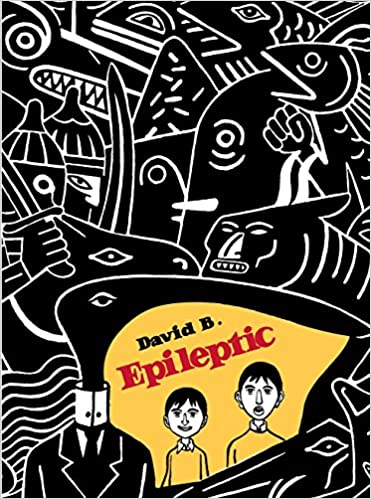
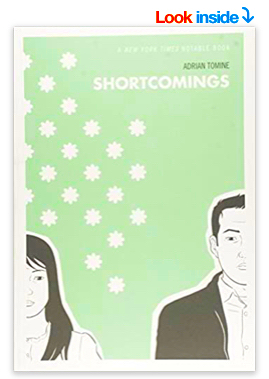
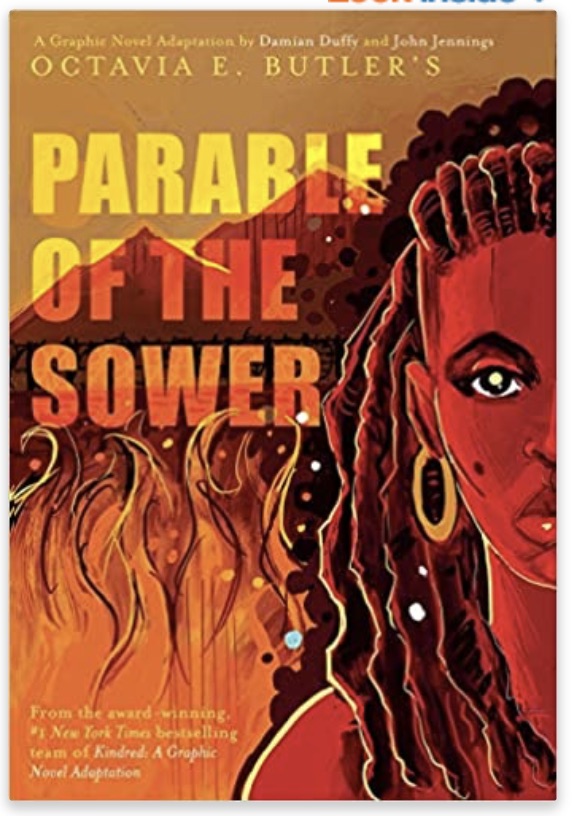
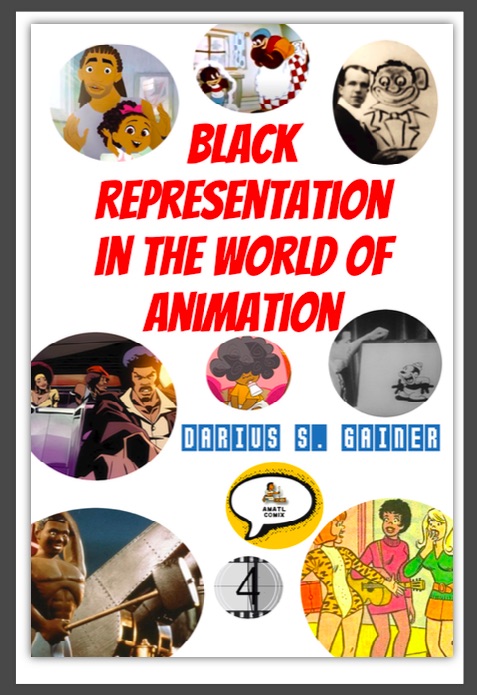
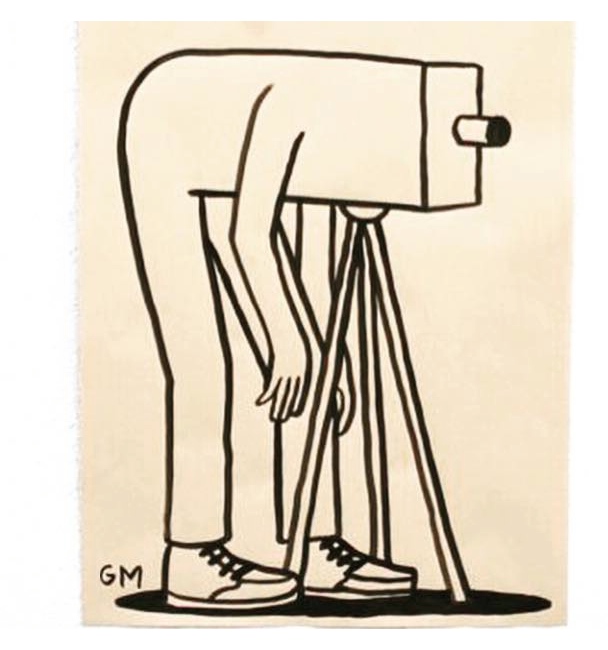

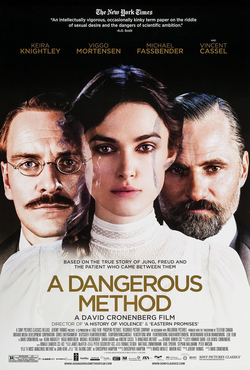
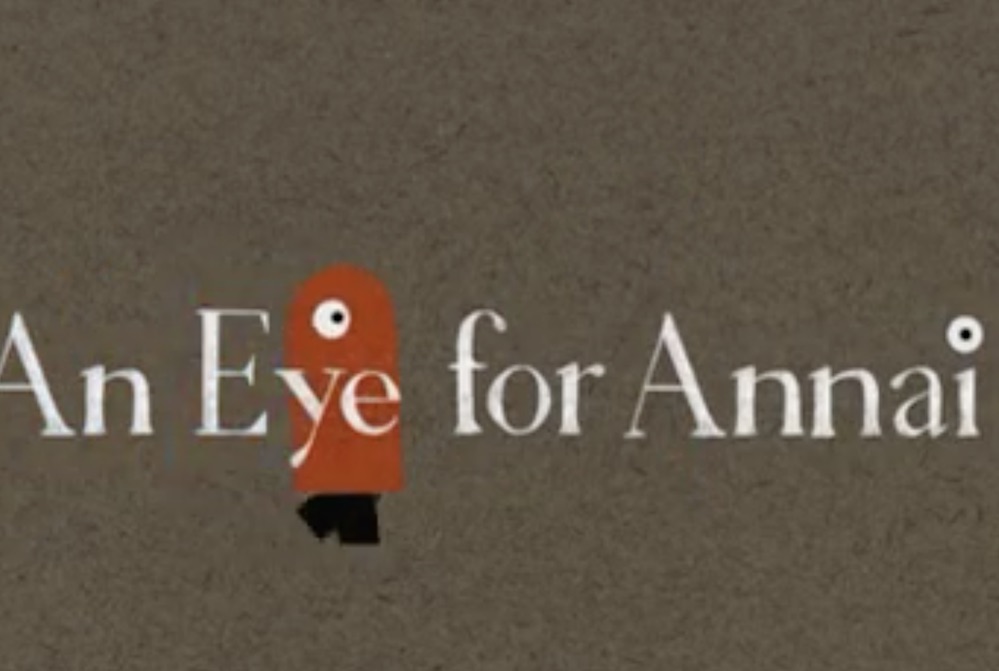
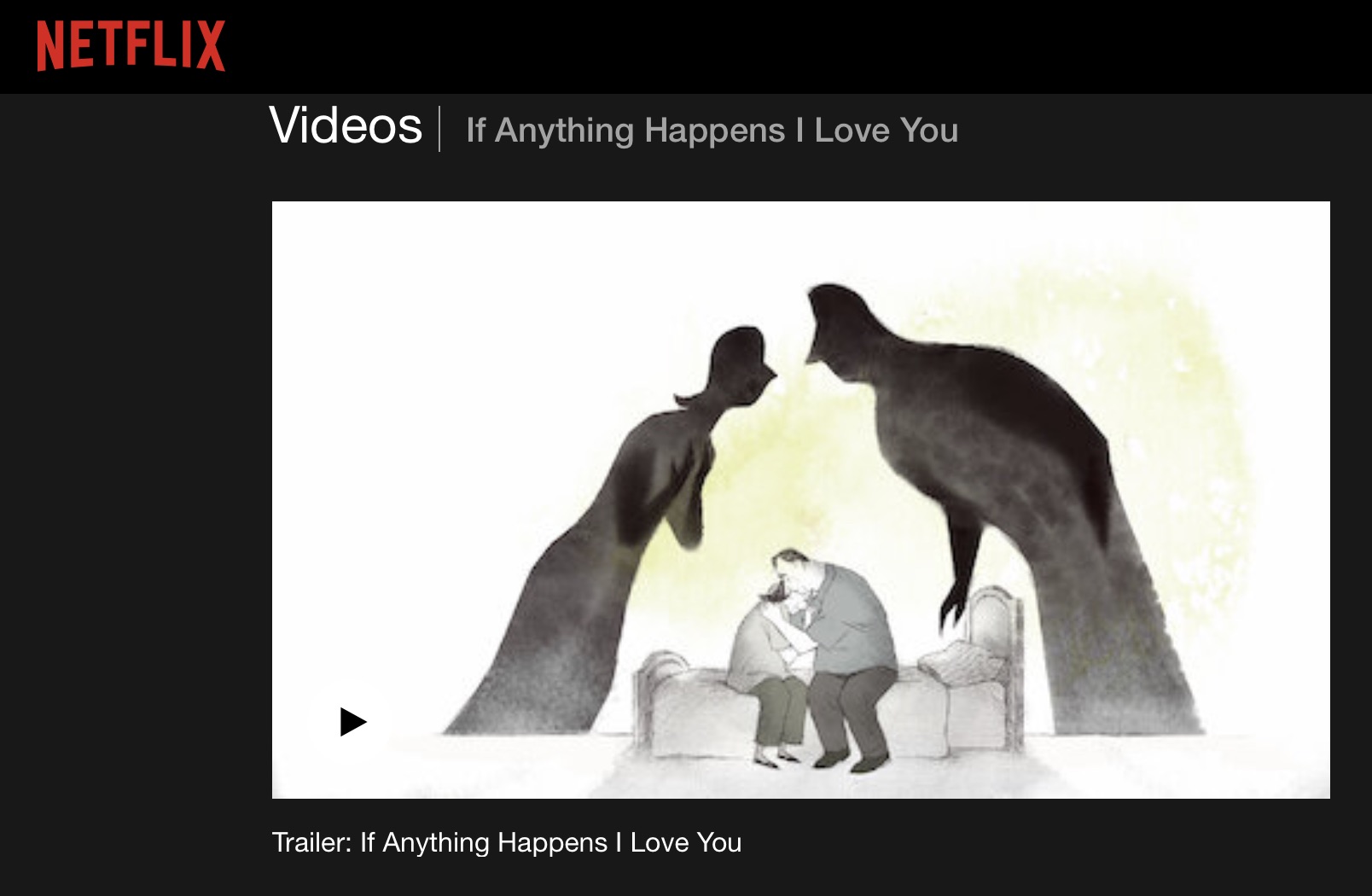
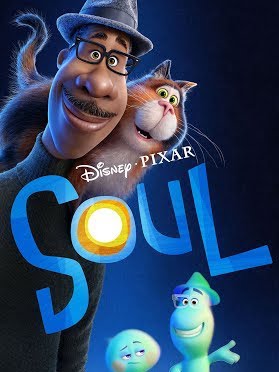
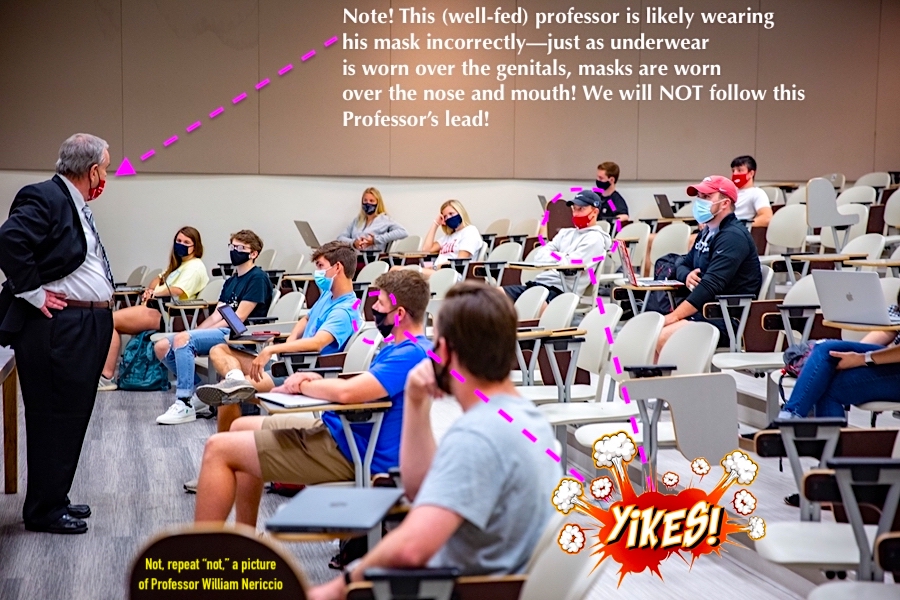
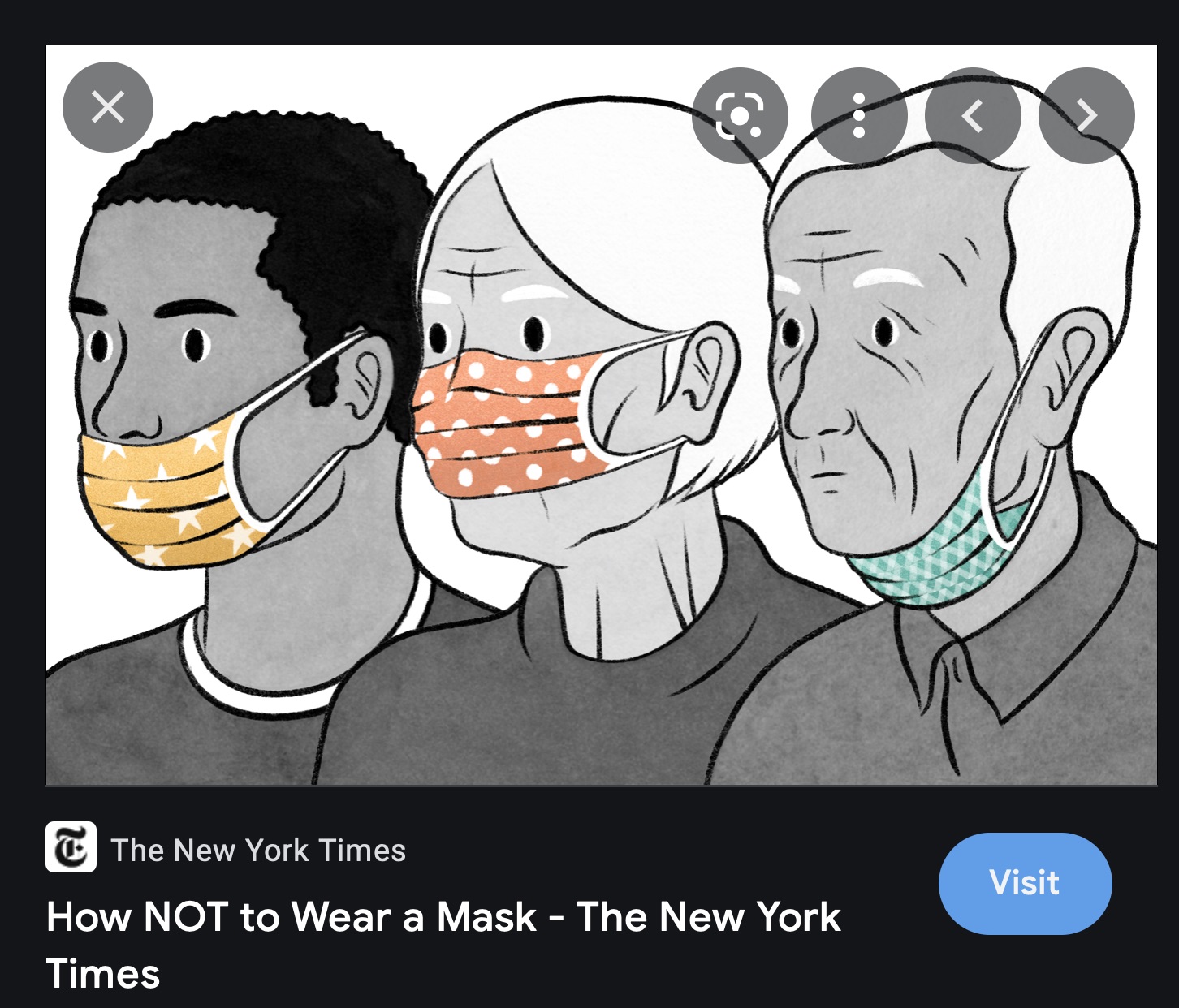
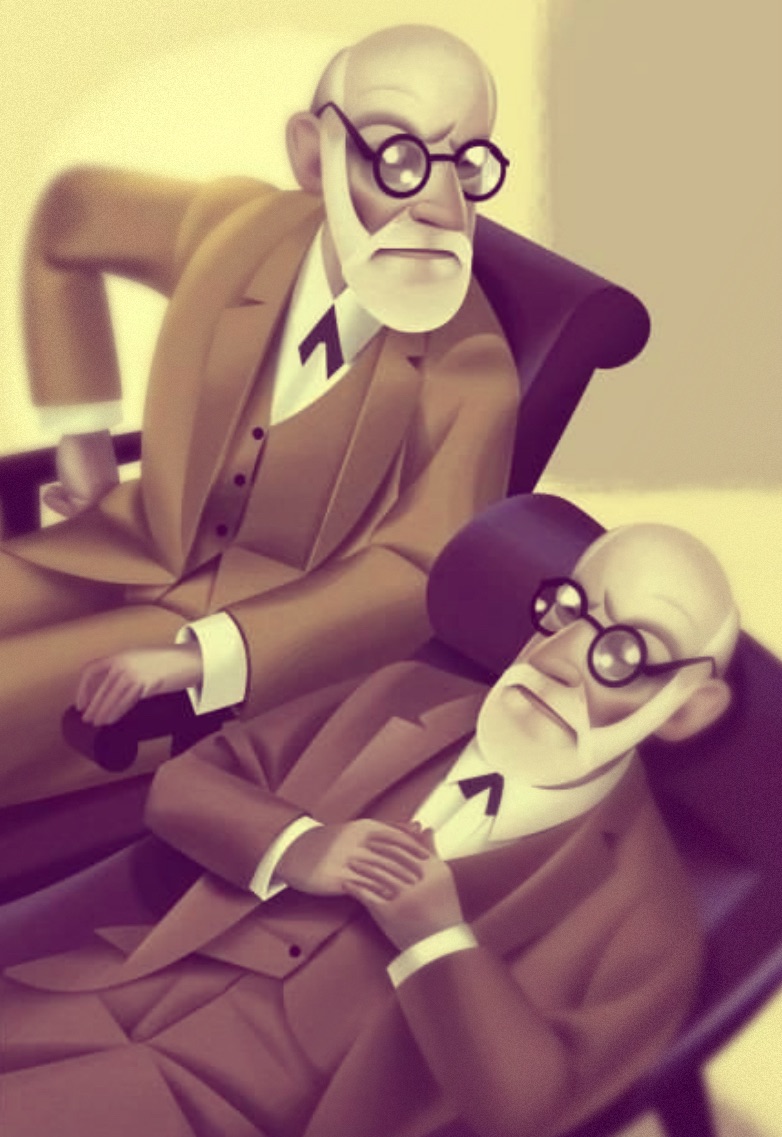
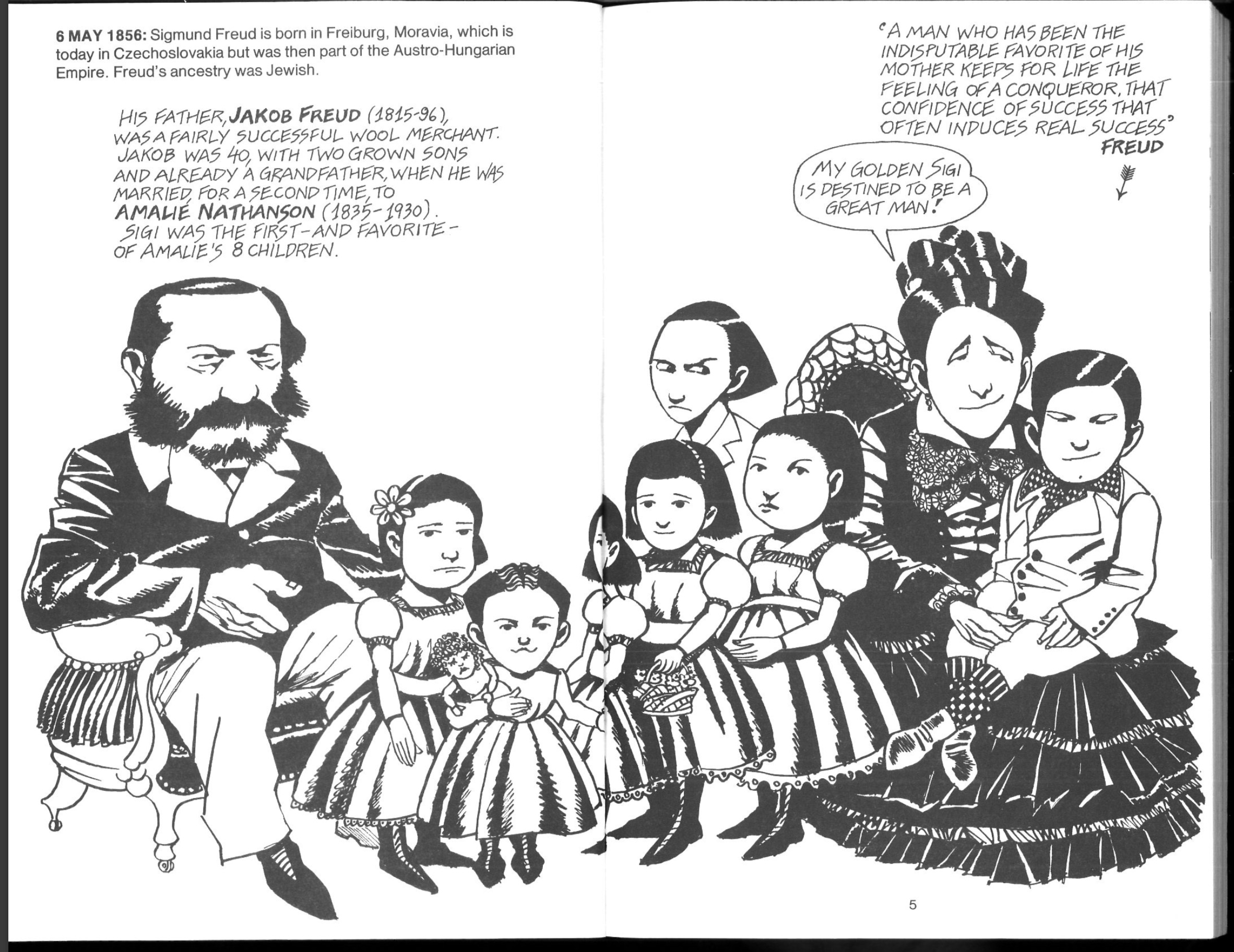
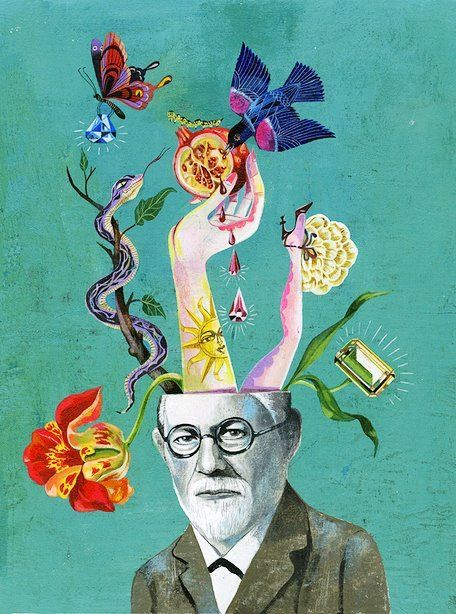 It's
only the 2nd day of class ... and guess
what! You've finished reading a book as
you enter GMCS 333 having finished your
reading of Oscar Zarate's and Richard
Appignanesi's FREUD FOR BEGINNERS.
It's
only the 2nd day of class ... and guess
what! You've finished reading a book as
you enter GMCS 333 having finished your
reading of Oscar Zarate's and Richard
Appignanesi's FREUD FOR BEGINNERS. 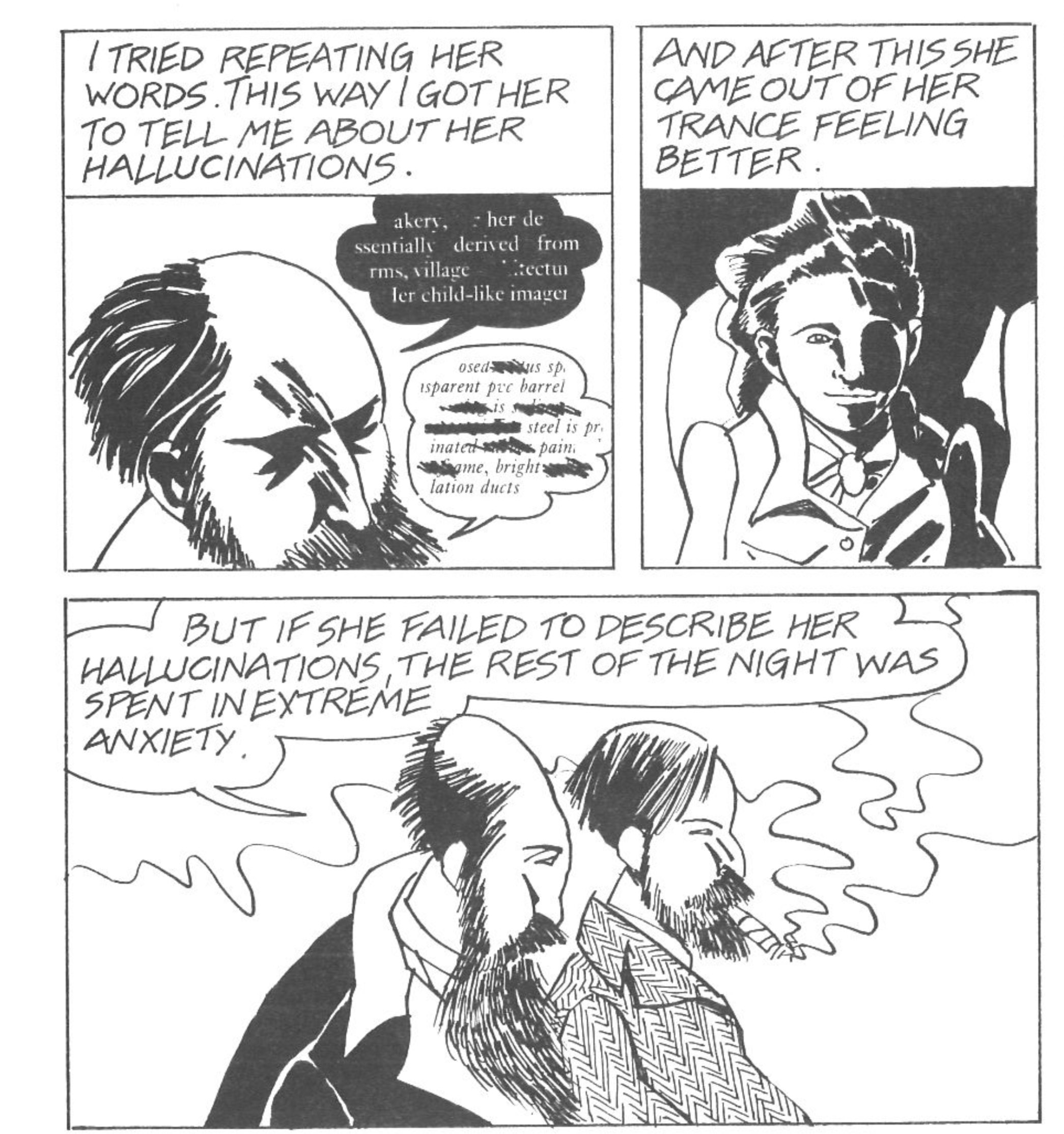
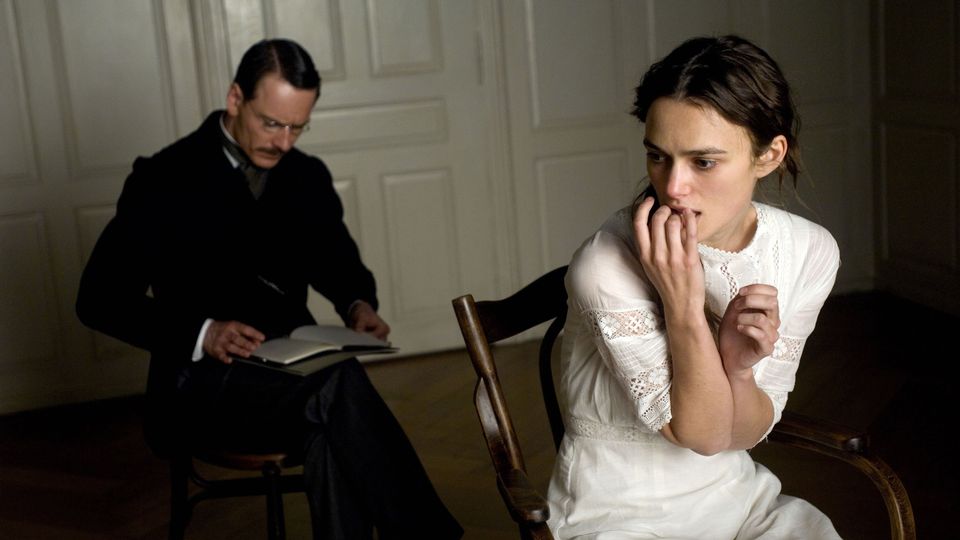
 Again we are back at the movies
as we experience the propounding
conclusion of David Cronenberg's A
DANGEROUS METHOD! As we watch the movie,
consider the differences and similarities
between cinema and comics / graphic
fiction... Oddly enough, cinema can be
understood as a kind of "child" of comics
as early motion pictures used the Sunday
funnies (comic strips) as a model for
mapping the schema of early cinematic
experimentation. Check out a turn of
the century Winsor McCay strip
Again we are back at the movies
as we experience the propounding
conclusion of David Cronenberg's A
DANGEROUS METHOD! As we watch the movie,
consider the differences and similarities
between cinema and comics / graphic
fiction... Oddly enough, cinema can be
understood as a kind of "child" of comics
as early motion pictures used the Sunday
funnies (comic strips) as a model for
mapping the schema of early cinematic
experimentation. Check out a turn of
the century Winsor McCay strip 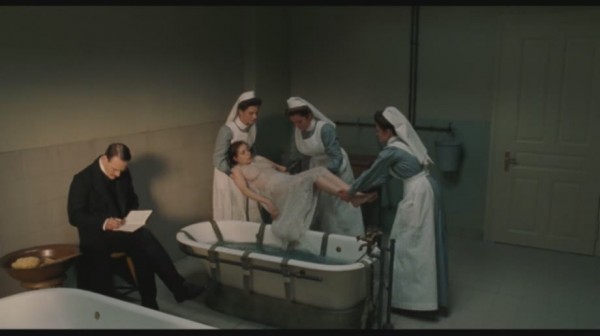
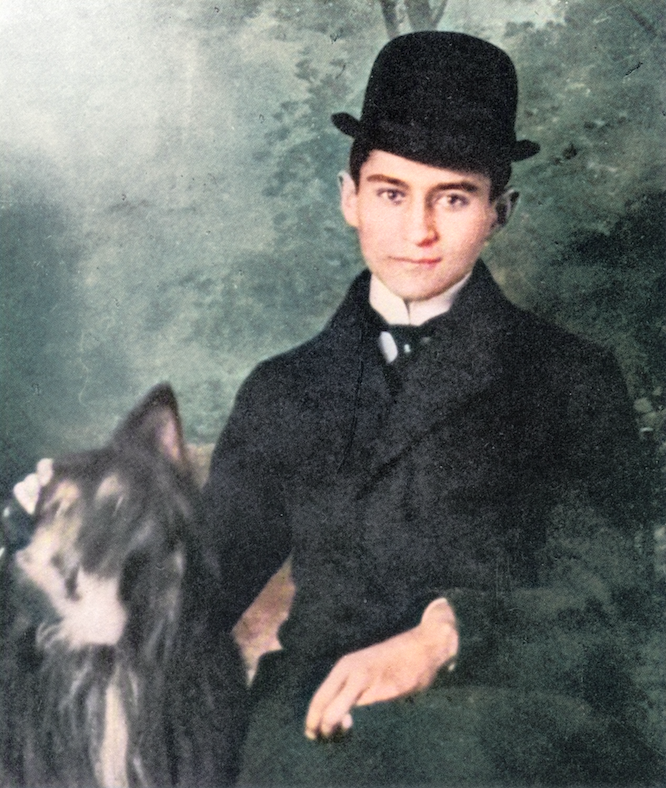

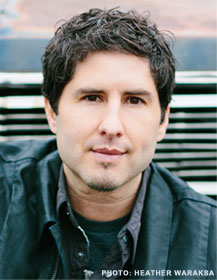 The
amazing part!
The
amazing part! 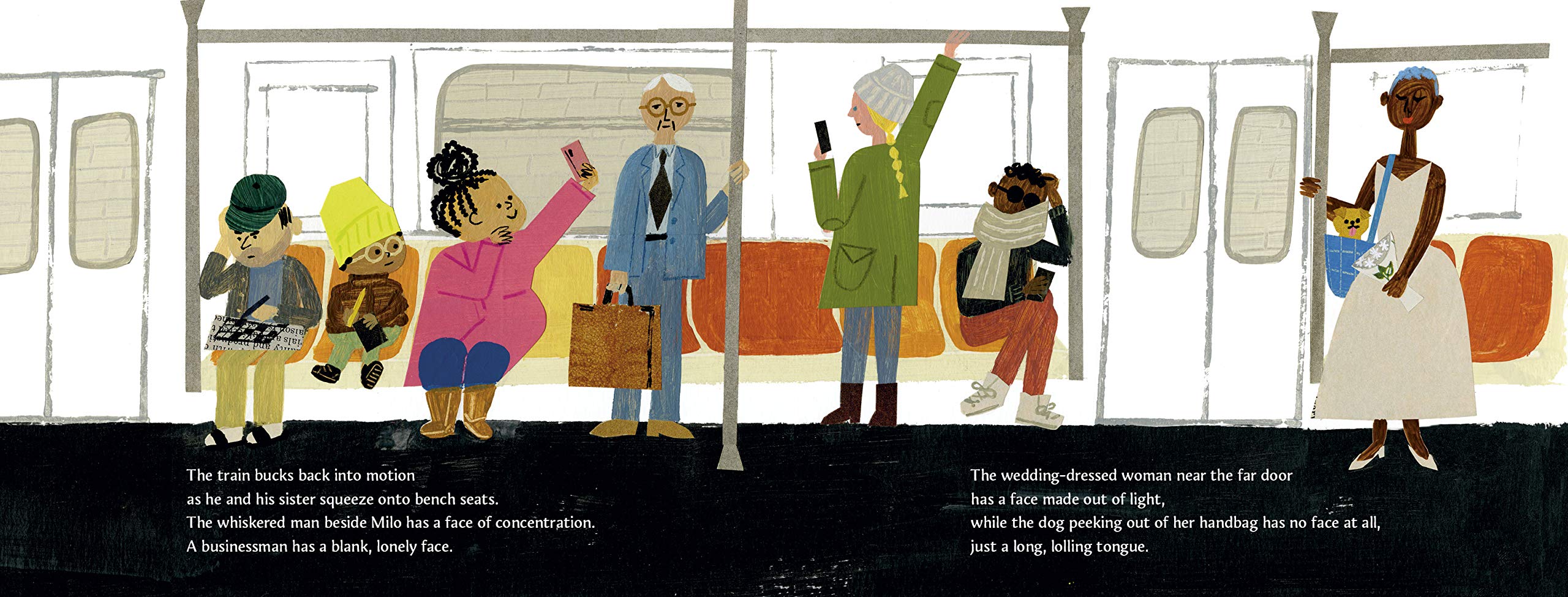
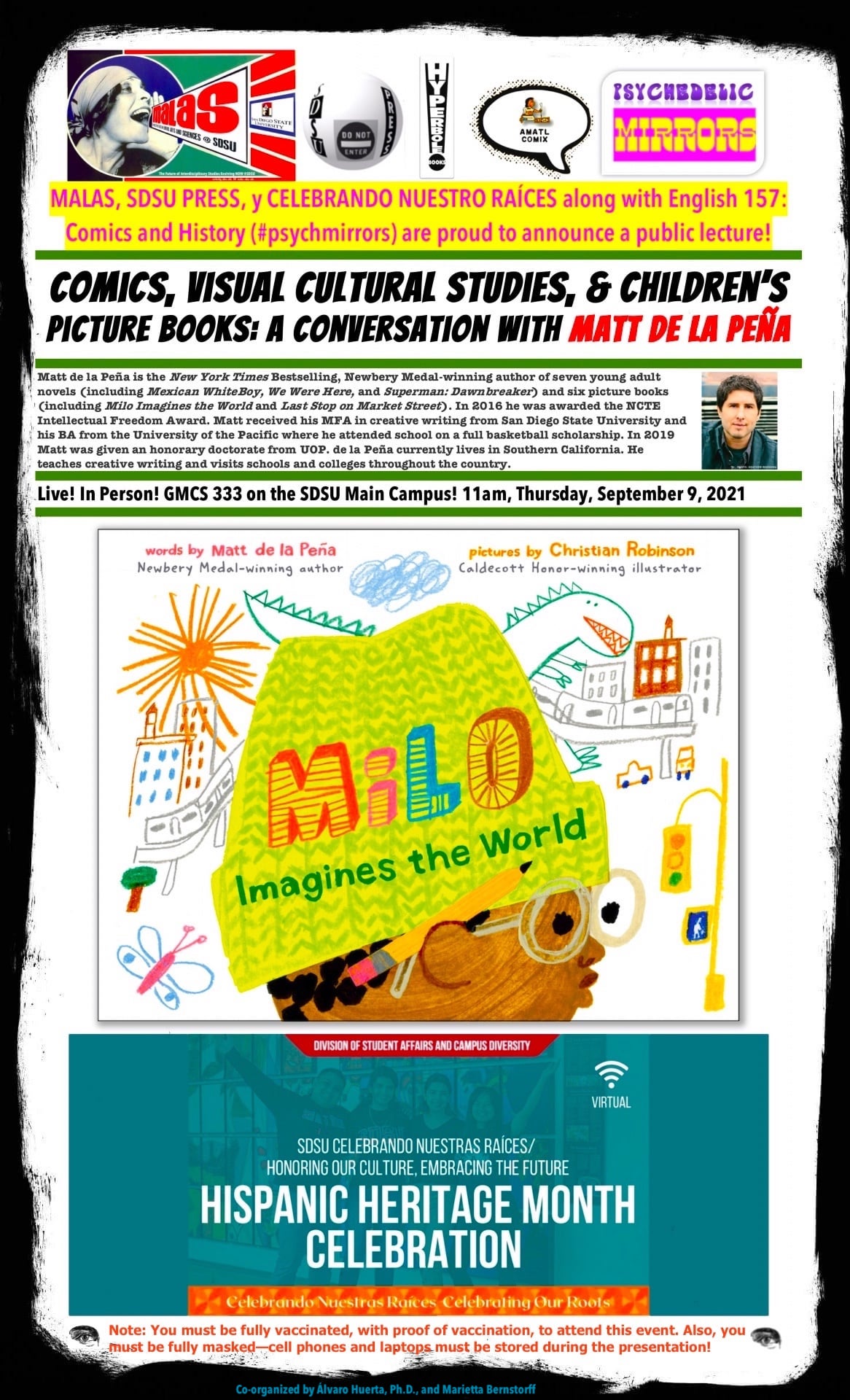
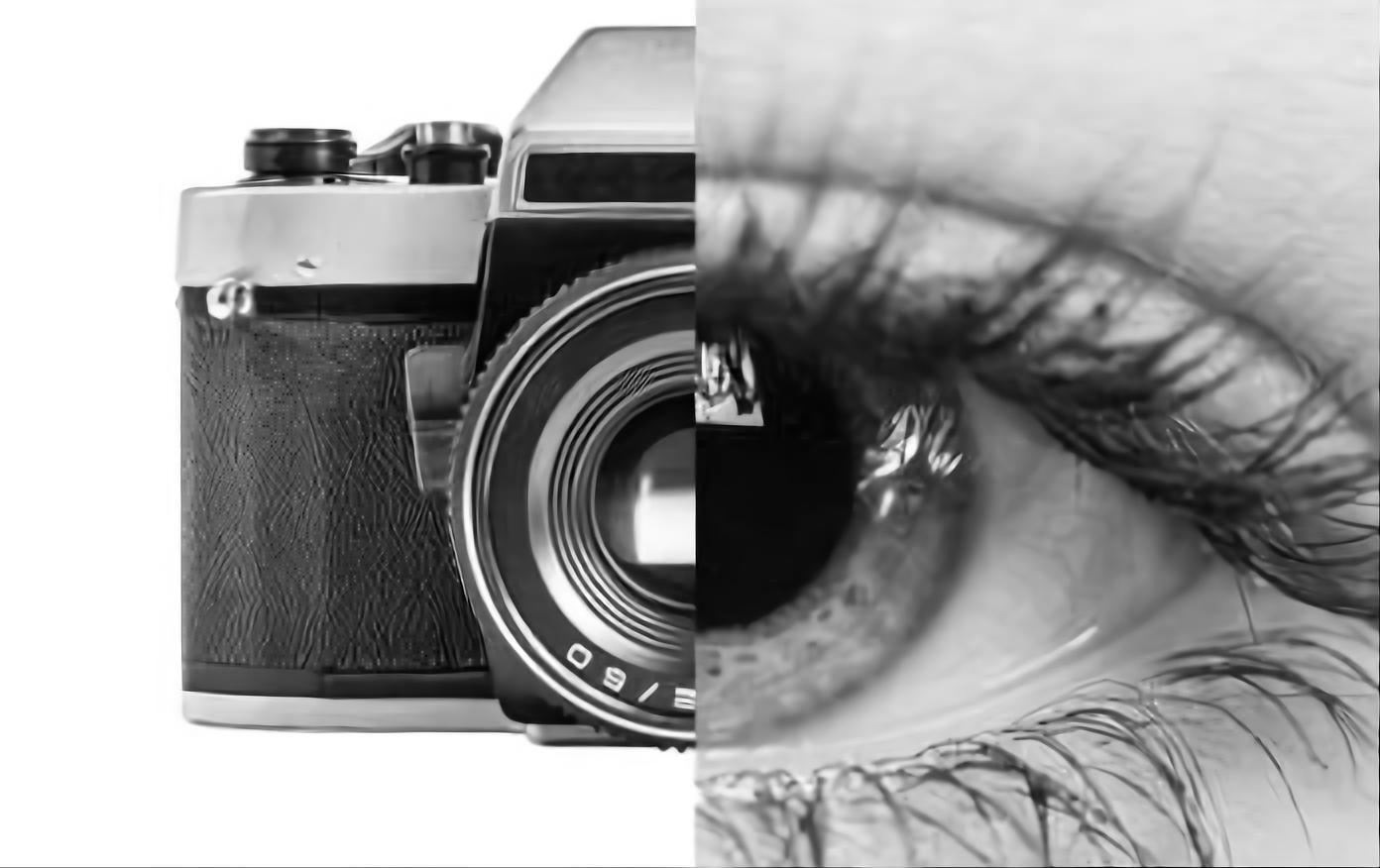
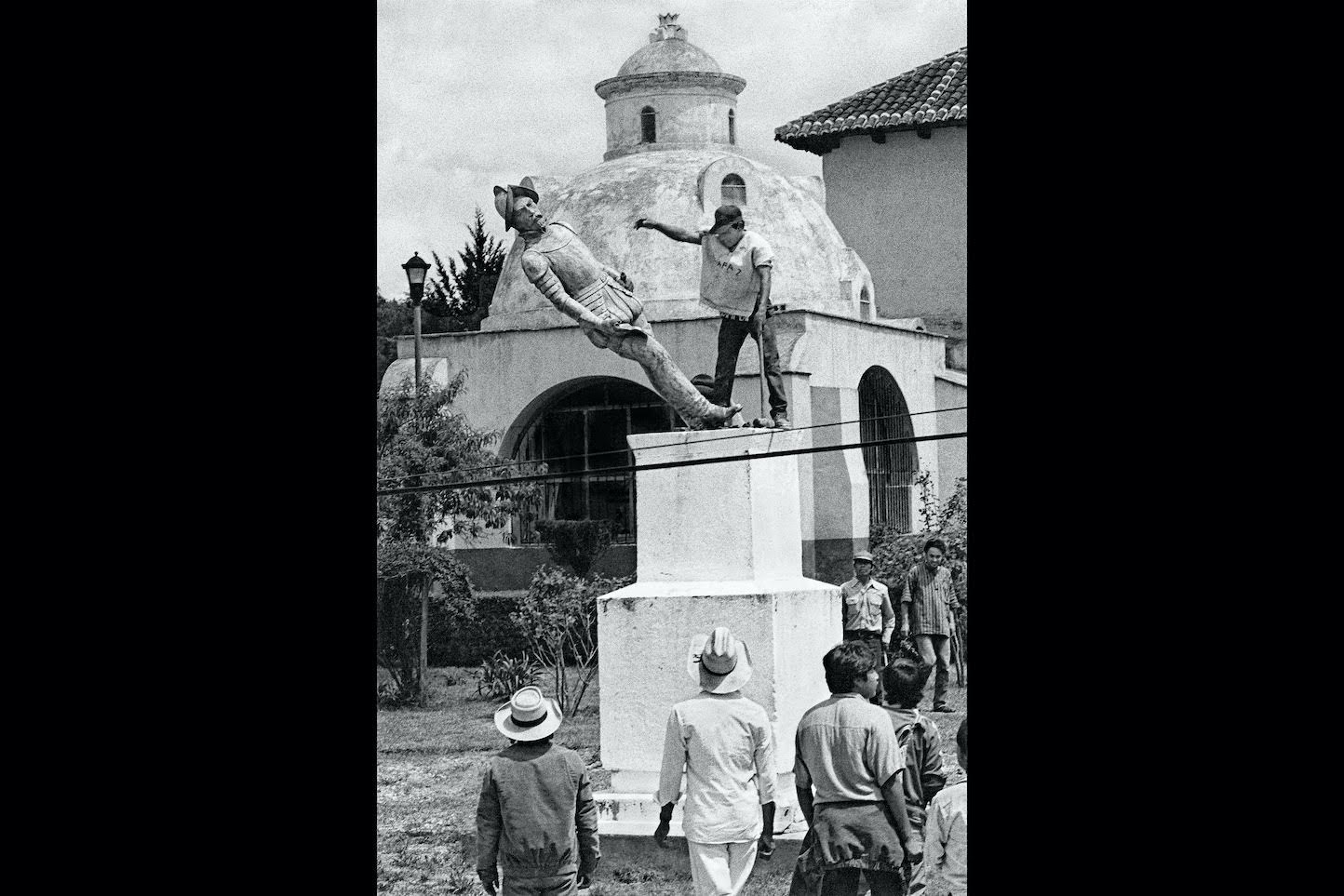
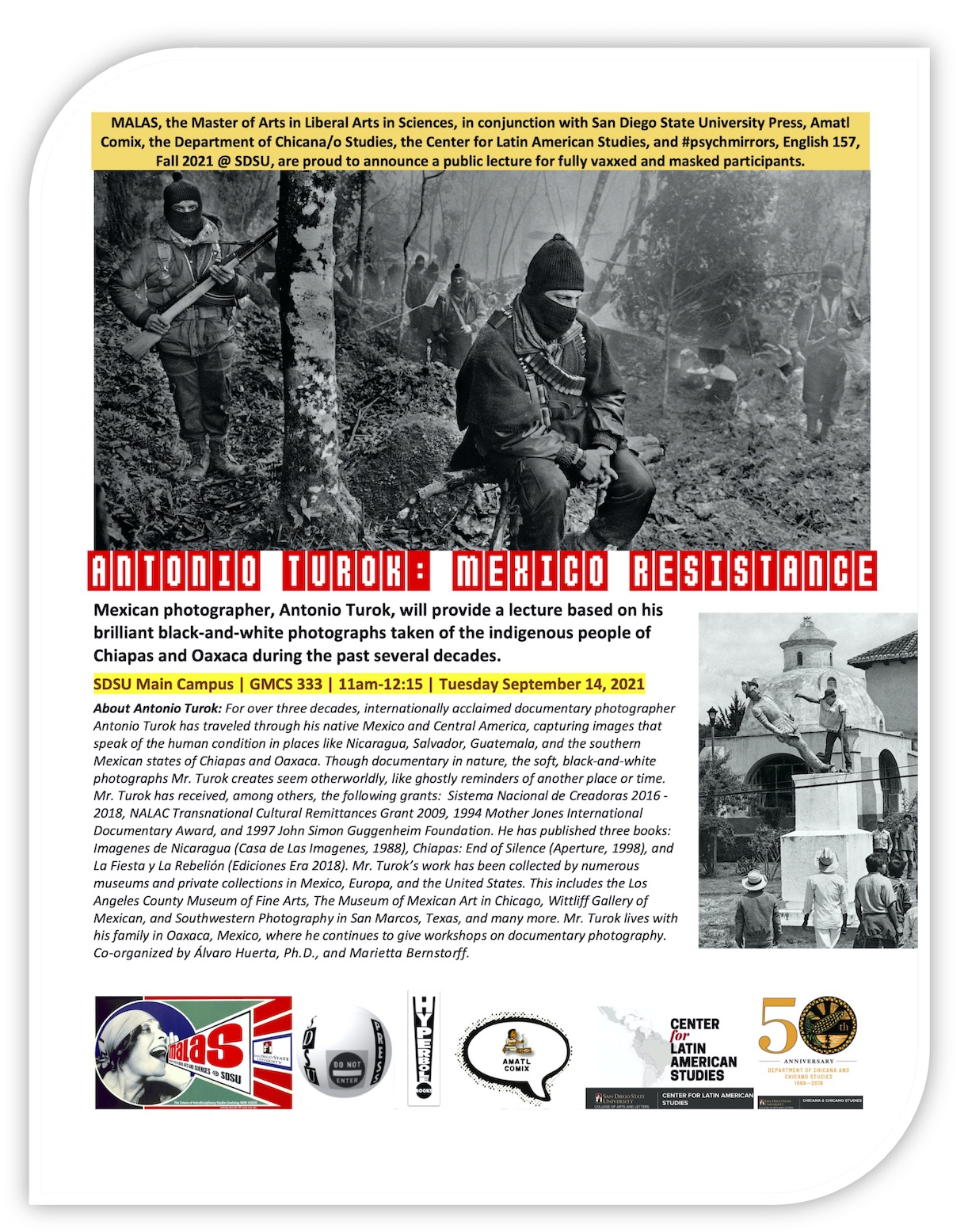
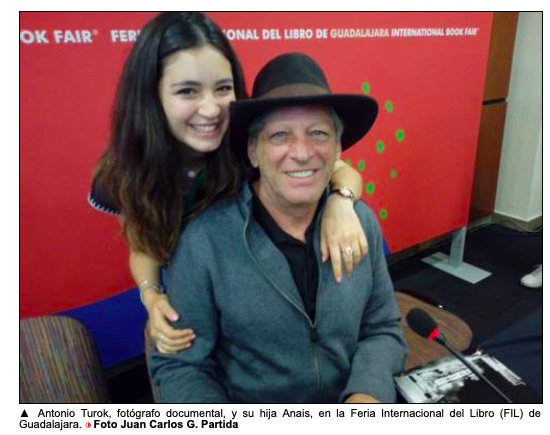



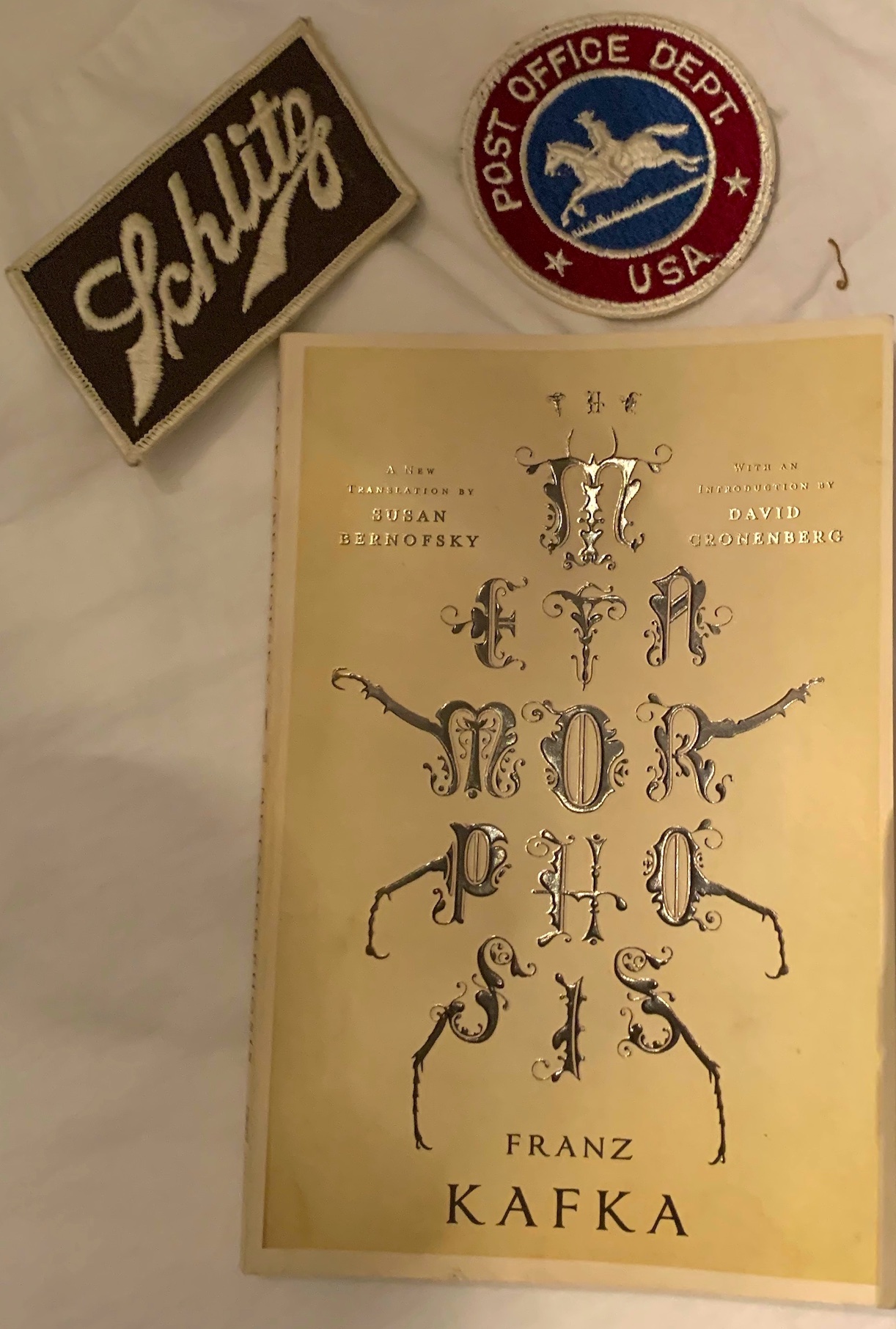
 He
is the Father of 20th Century
linguistics -- and an influential
theorist, commentator, and professor!
He is also a
radical political activist -- not like
your grandfather's University
Professor, this guy puts it all on the
line for his thinking and his radical
critiques. And, once upon a time, he
visited SDSU and gave a hell of a
lecture/seminar. His name!?
He
is the Father of 20th Century
linguistics -- and an influential
theorist, commentator, and professor!
He is also a
radical political activist -- not like
your grandfather's University
Professor, this guy puts it all on the
line for his thinking and his radical
critiques. And, once upon a time, he
visited SDSU and gave a hell of a
lecture/seminar. His name!? 
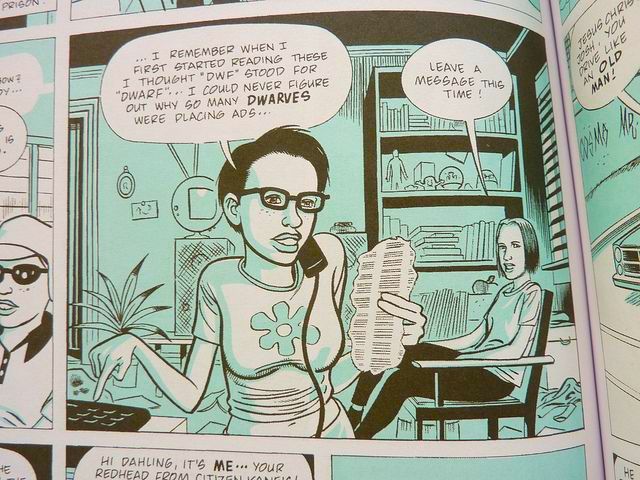
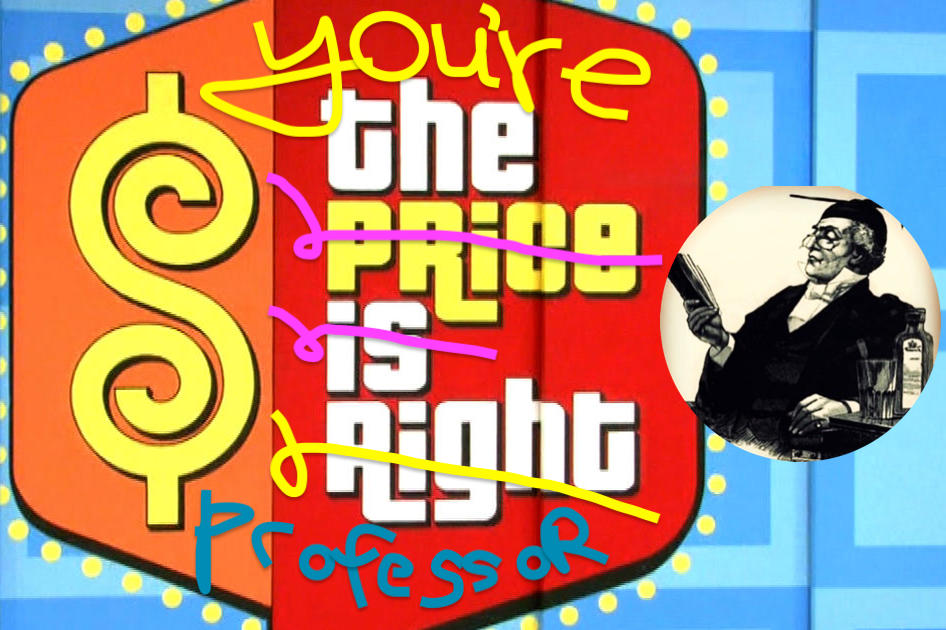
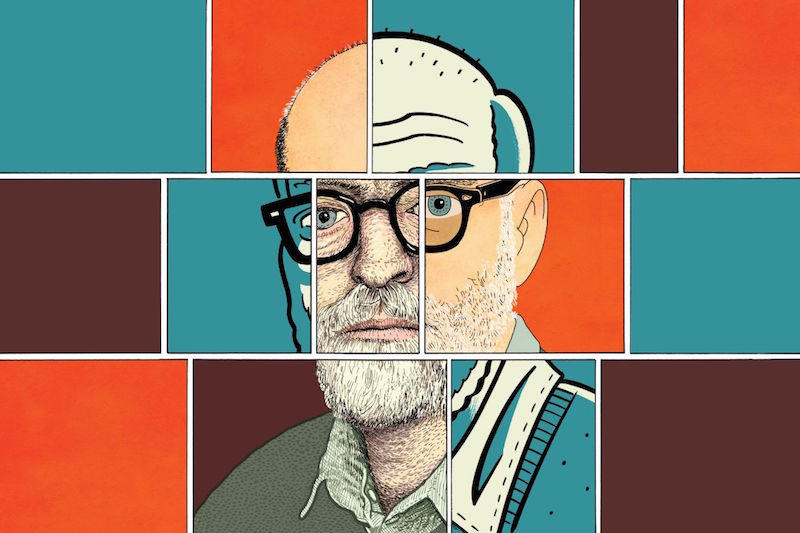
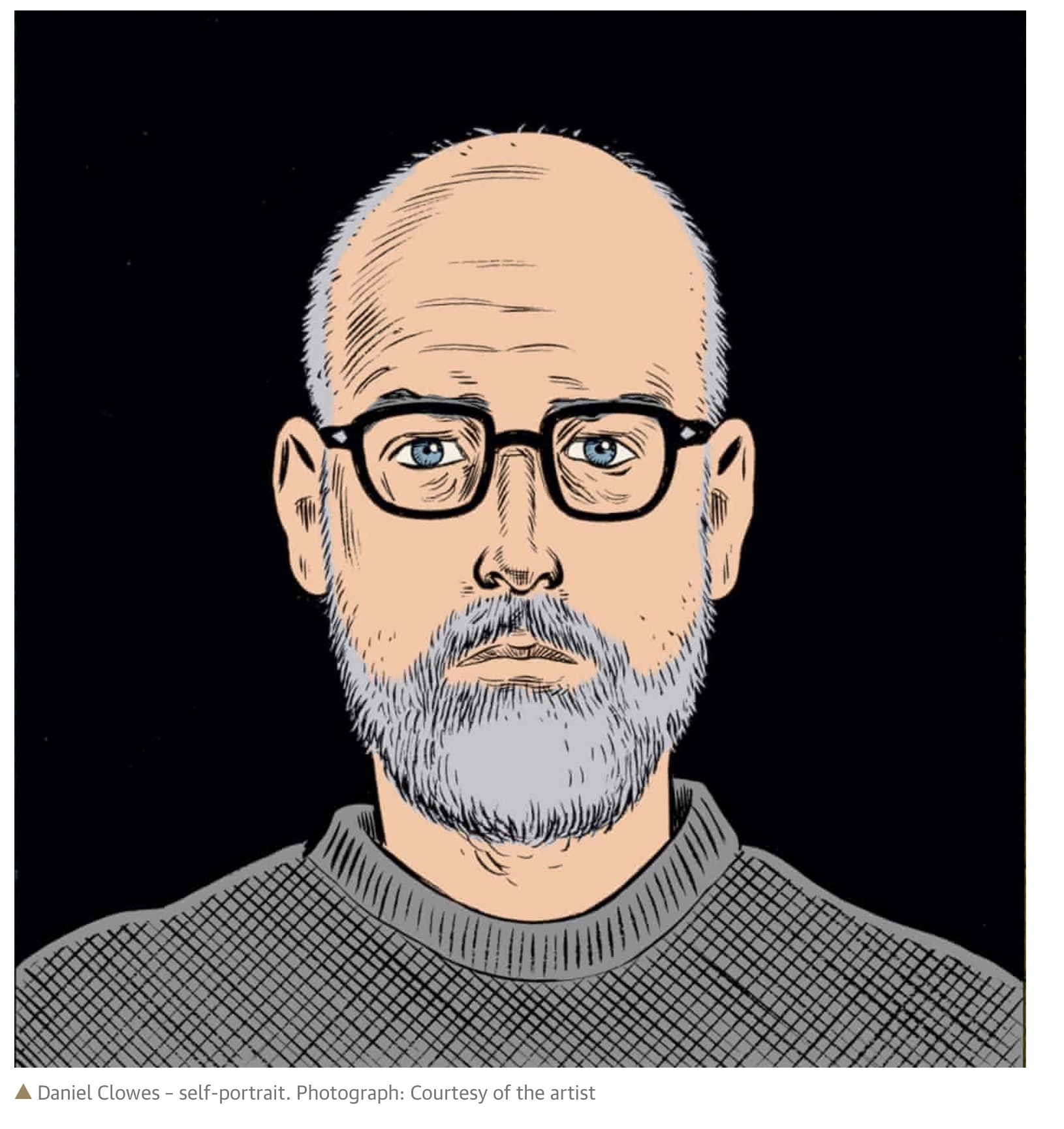

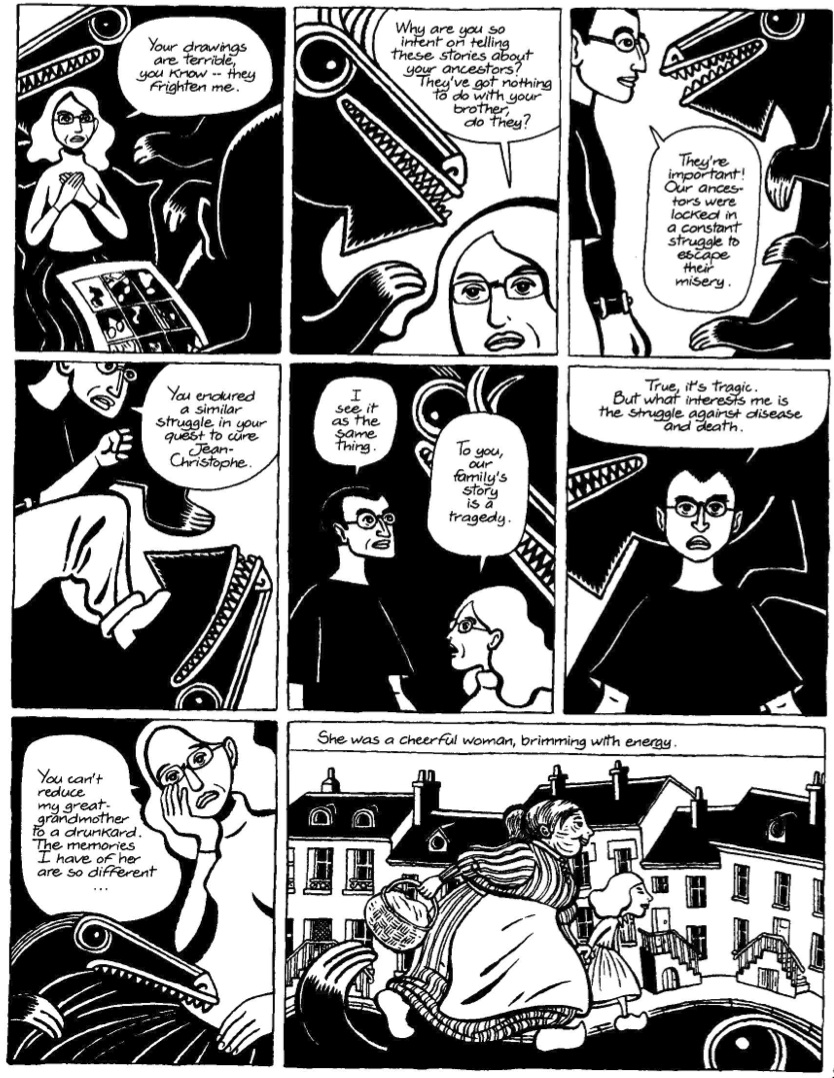
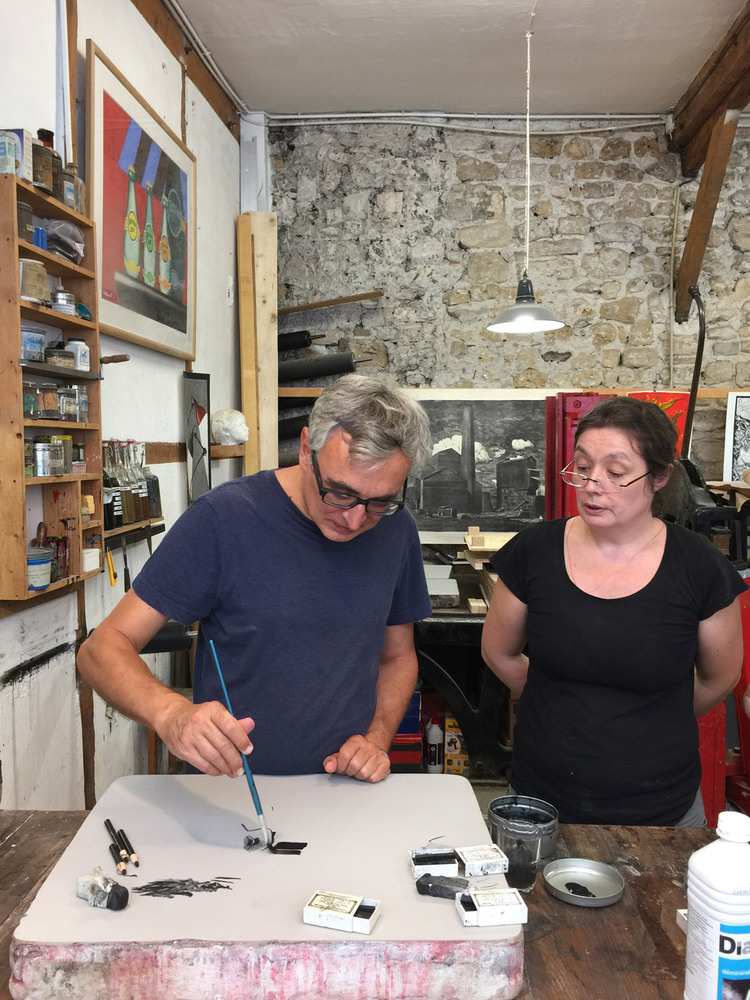
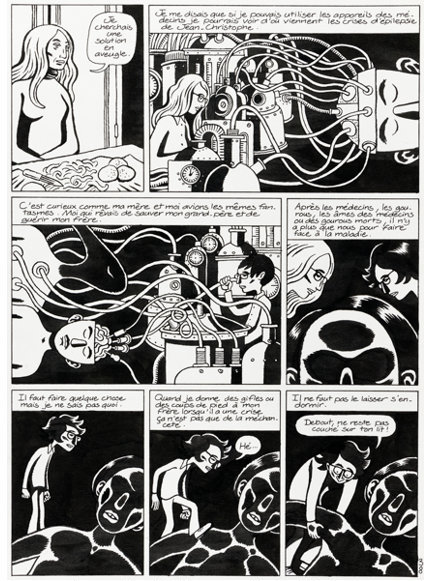
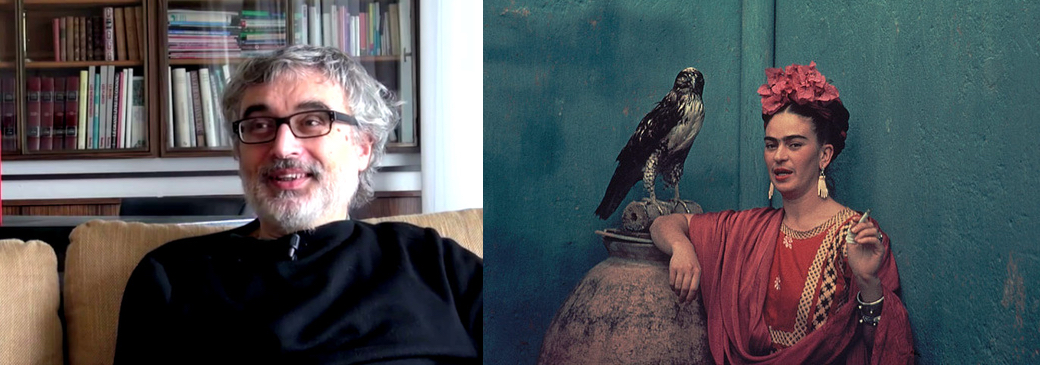
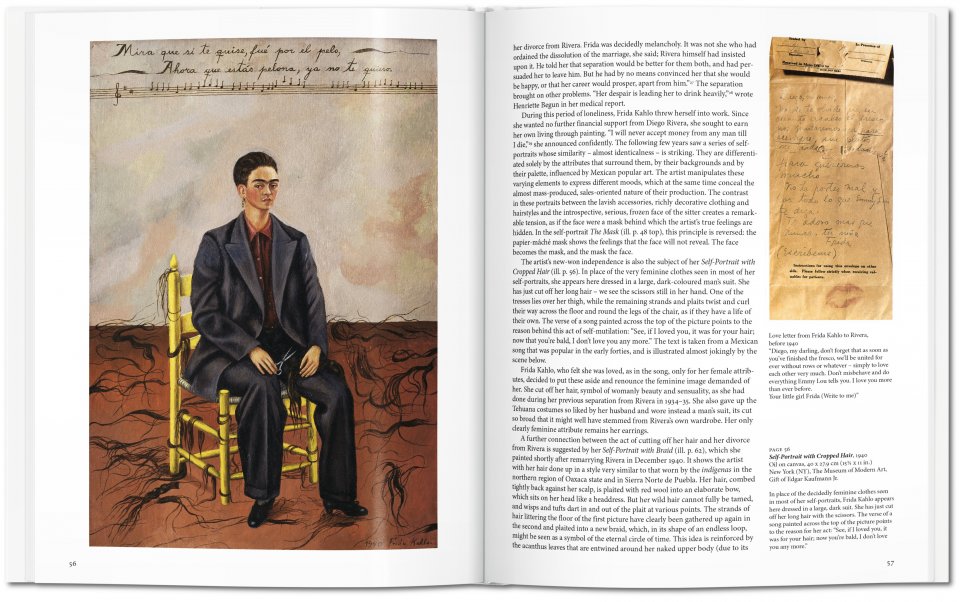
 As
we waltz through Kahlo's painterly career
we sense we are walking with someone who
knew all too well the contours and
resonances of the psychedelic mirror. Her
canvases, in fact, anticipate the dynamics
of Instagram to the extent that they
reveal themselves (and Kahlo) through a
treasure trove of painted selfies.
As
we waltz through Kahlo's painterly career
we sense we are walking with someone who
knew all too well the contours and
resonances of the psychedelic mirror. Her
canvases, in fact, anticipate the dynamics
of Instagram to the extent that they
reveal themselves (and Kahlo) through a
treasure trove of painted selfies.

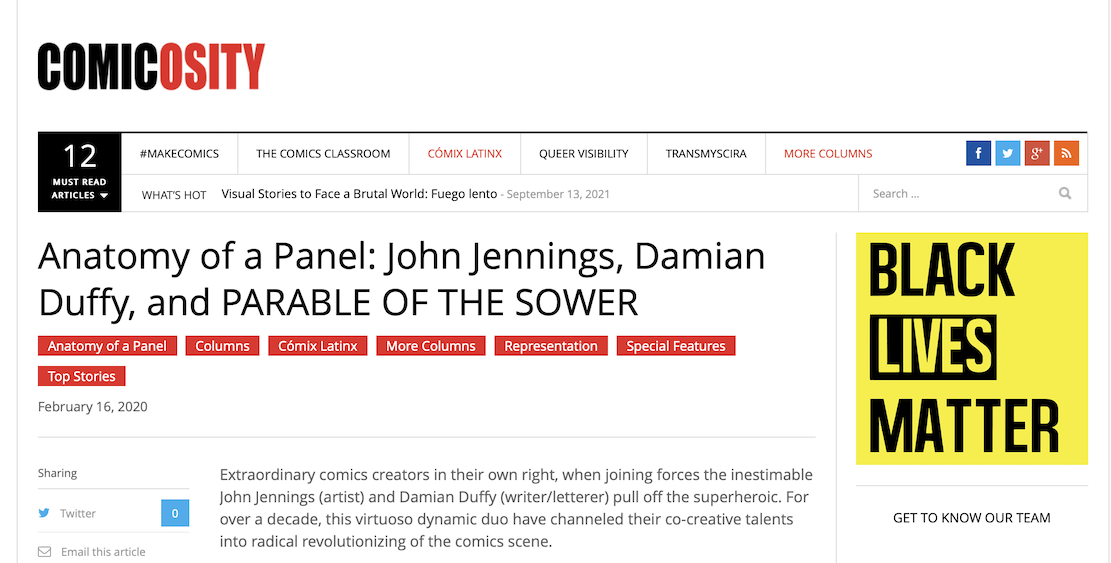
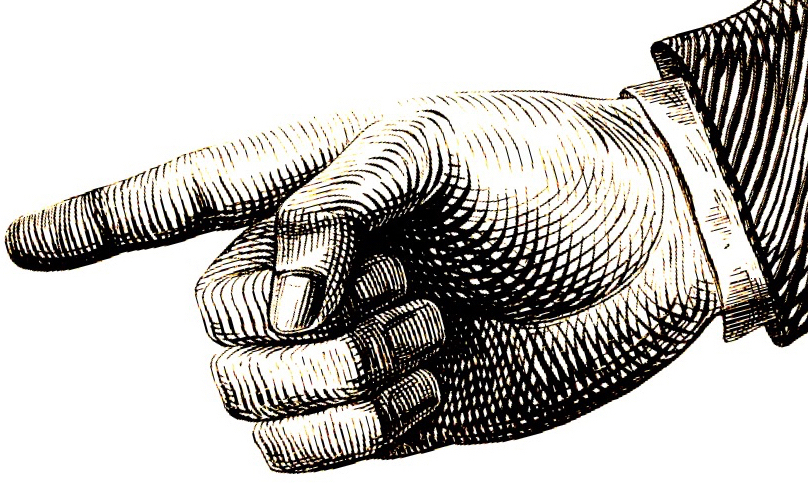 Thursday,
October 28, 2021
Thursday,
October 28, 2021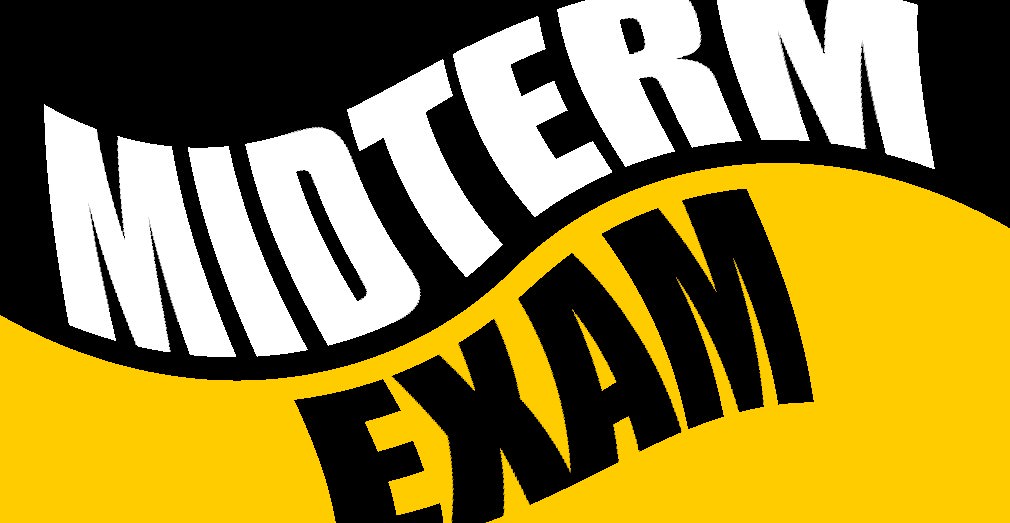
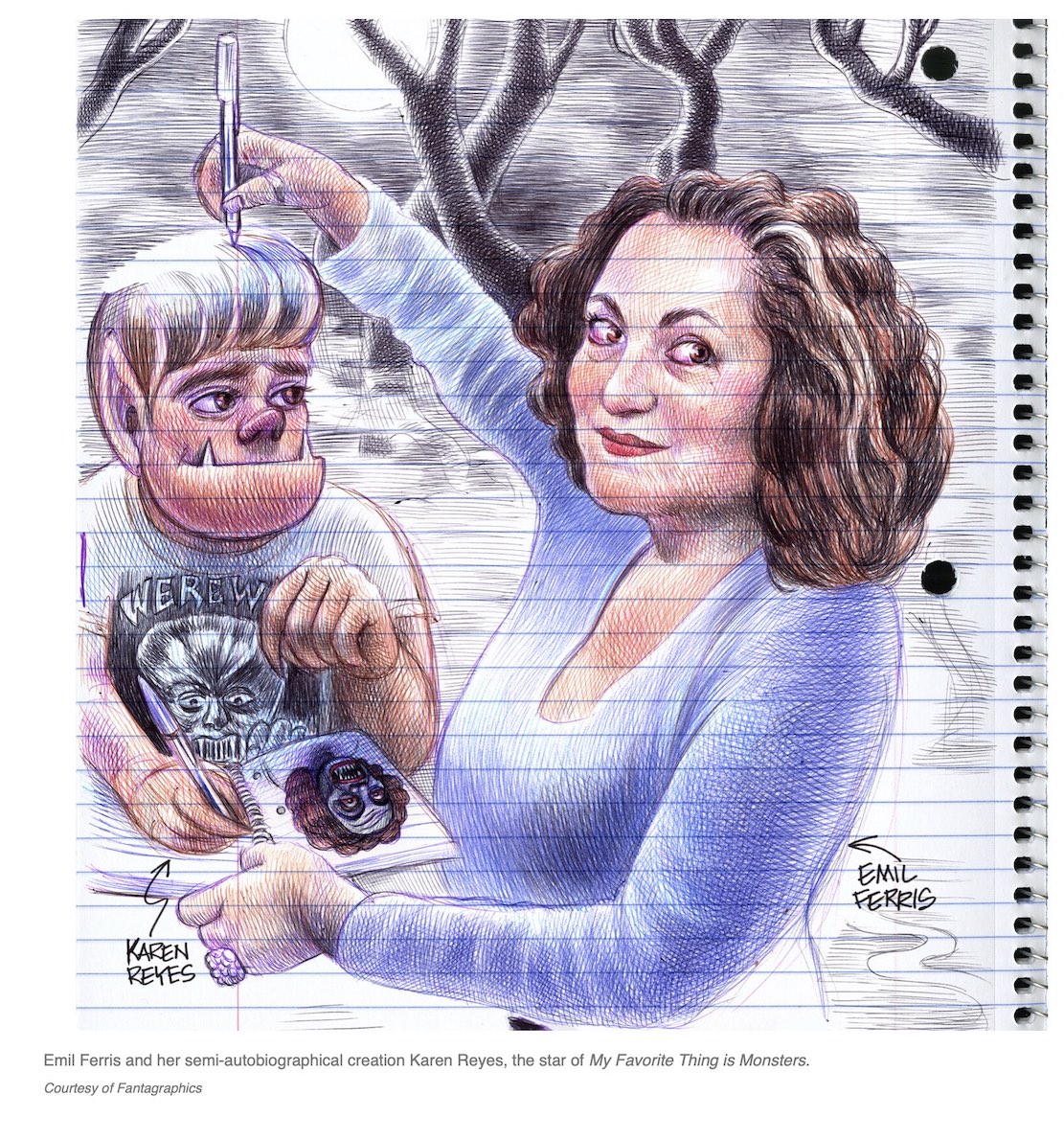
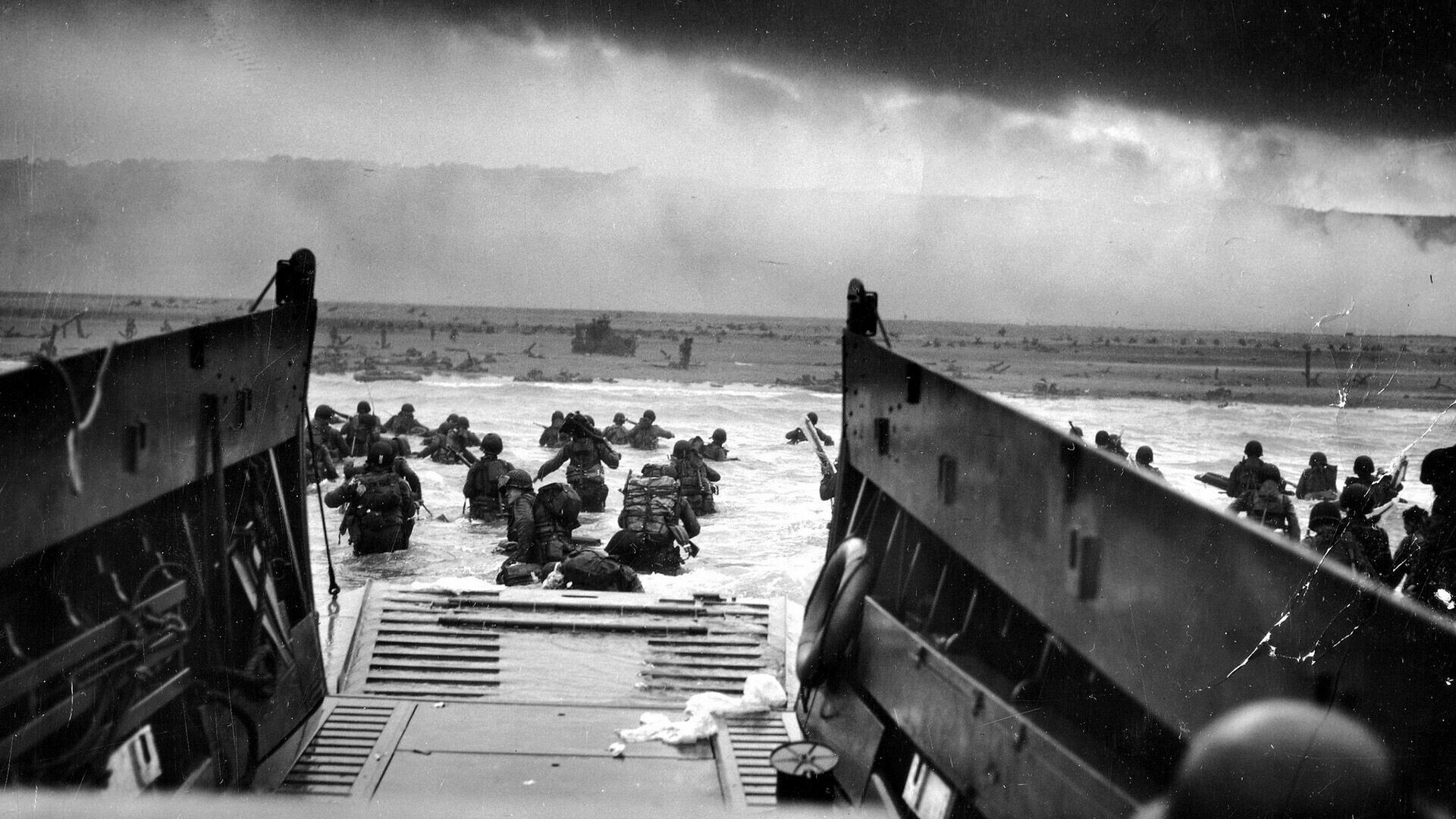
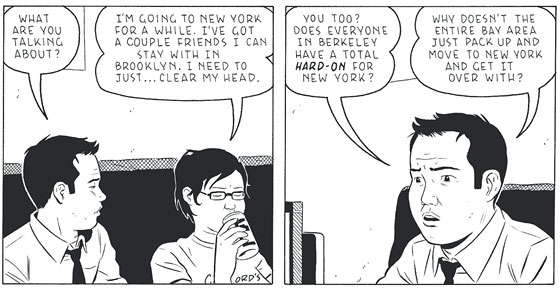
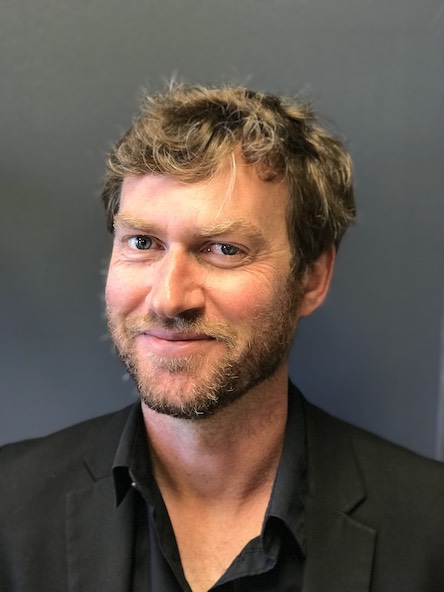
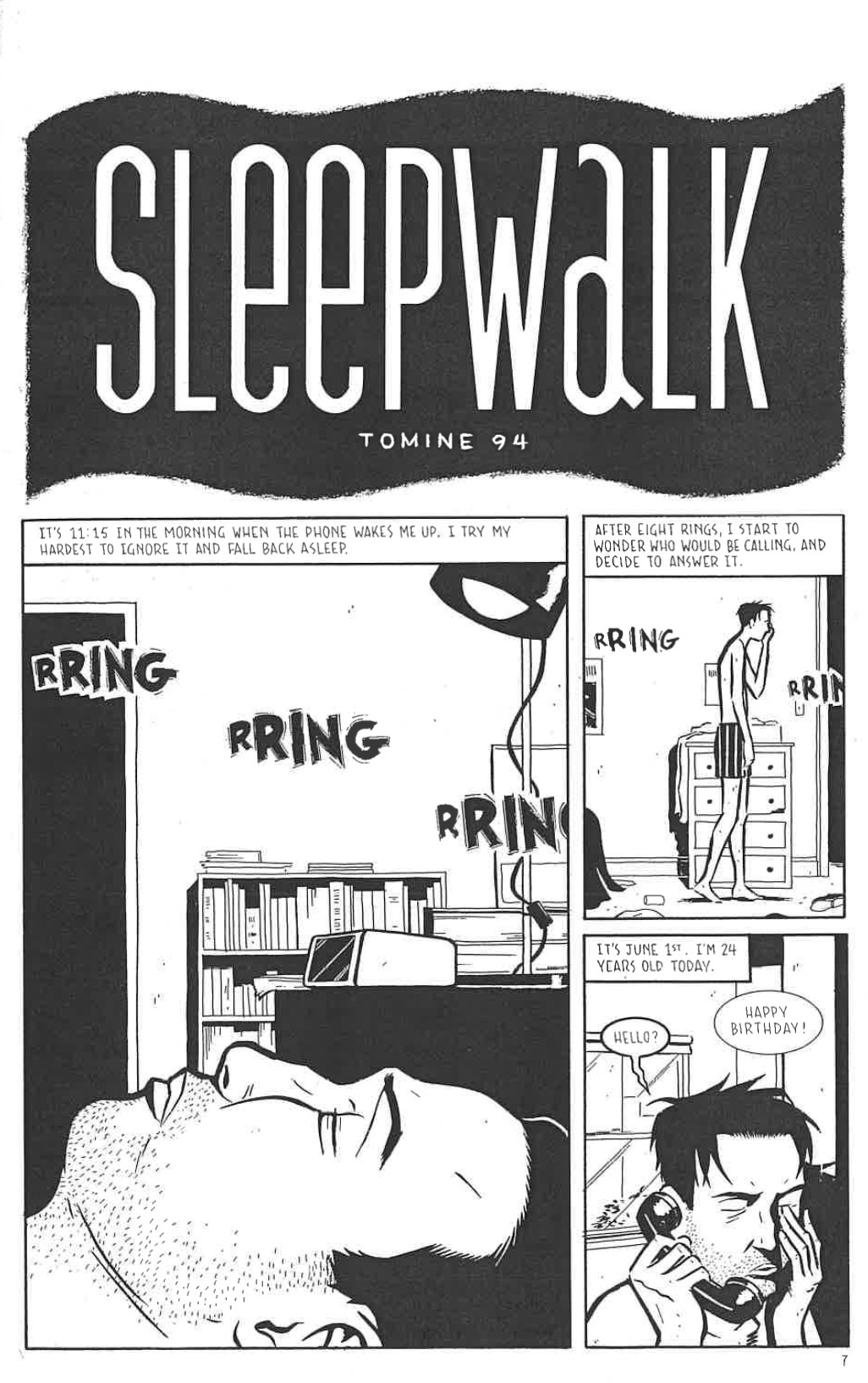

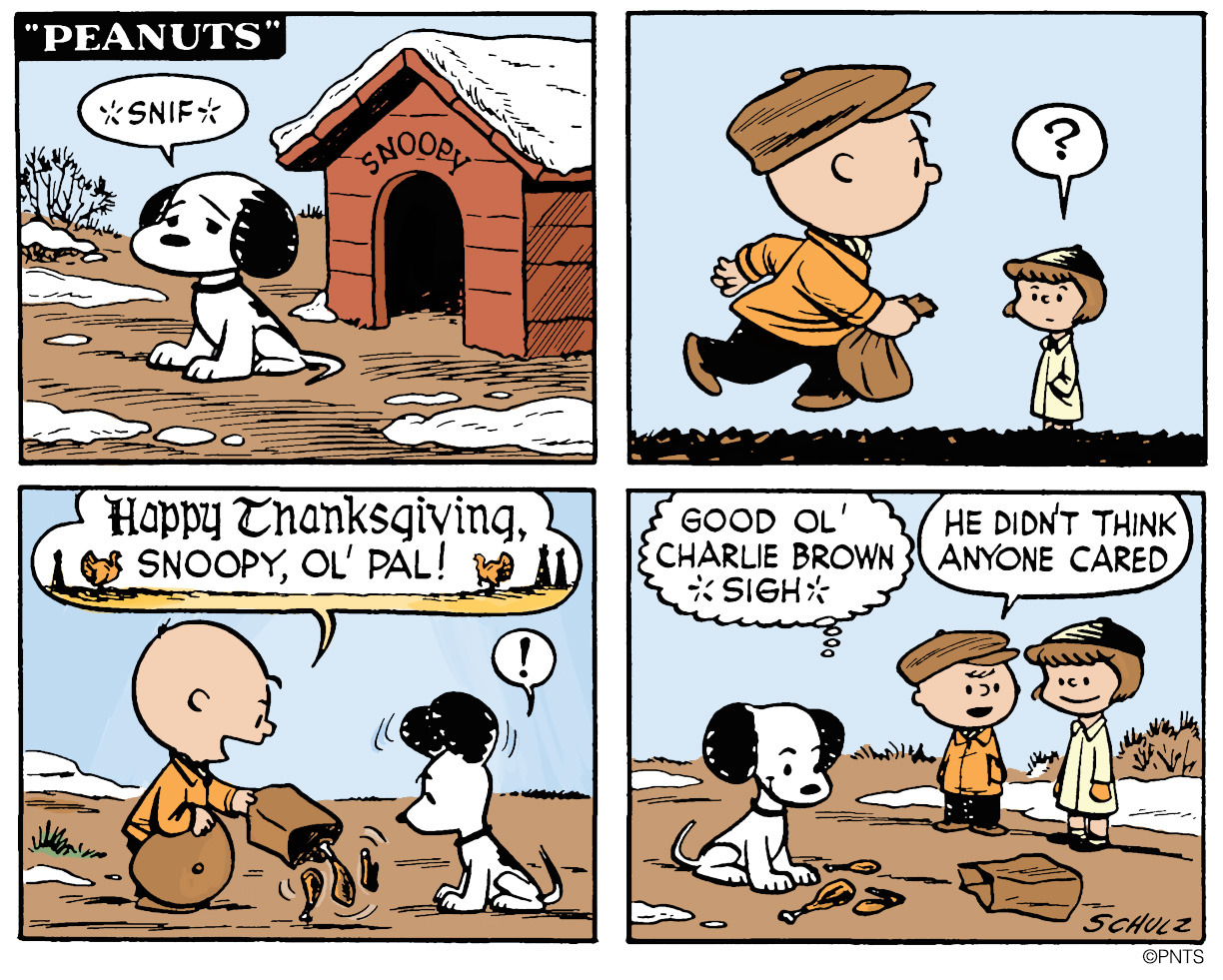

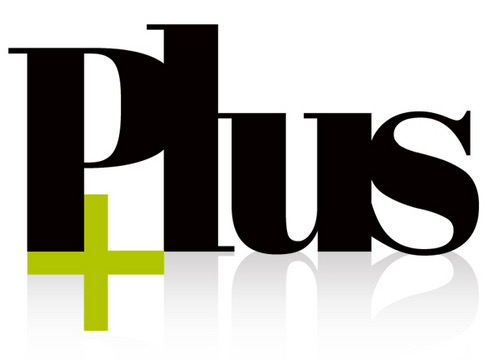

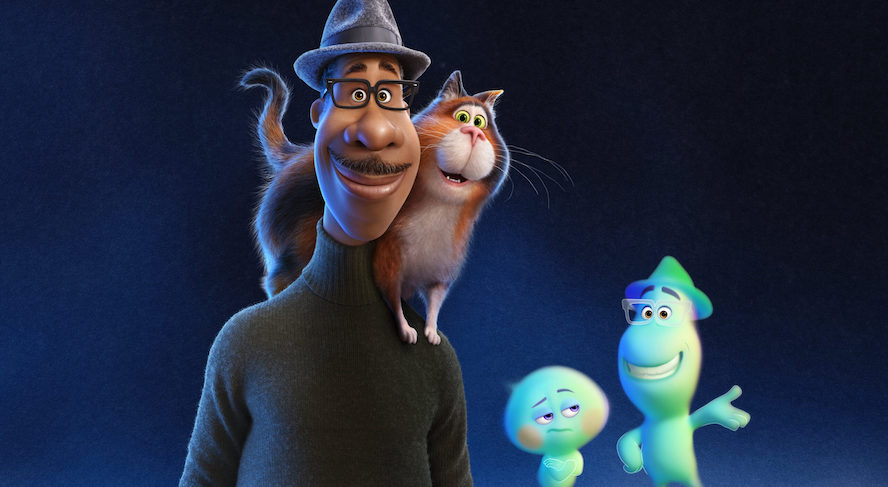
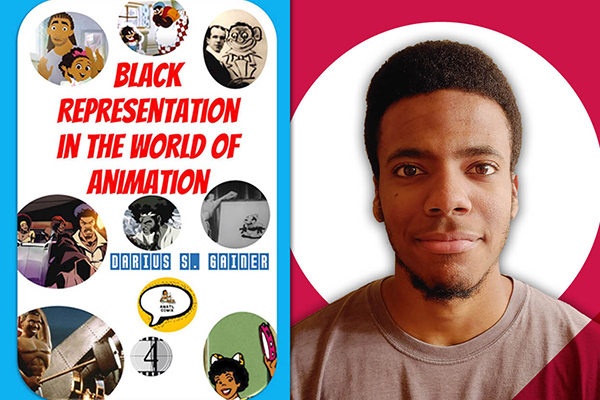
 It's the end of the semester,
almost, and we are in the mood to
celebrate--especially as our reading
work for the semester is at an end as
you walk into GMCS 333 having finished
Gainer's book!
It's the end of the semester,
almost, and we are in the mood to
celebrate--especially as our reading
work for the semester is at an end as
you walk into GMCS 333 having finished
Gainer's book!  Your Final Exam goes down
today In Class from 11 to 12:15 in GMCS
333!
Your Final Exam goes down
today In Class from 11 to 12:15 in GMCS
333! 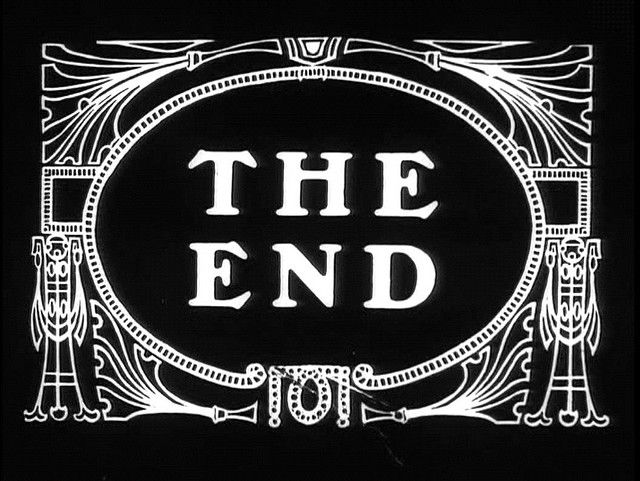
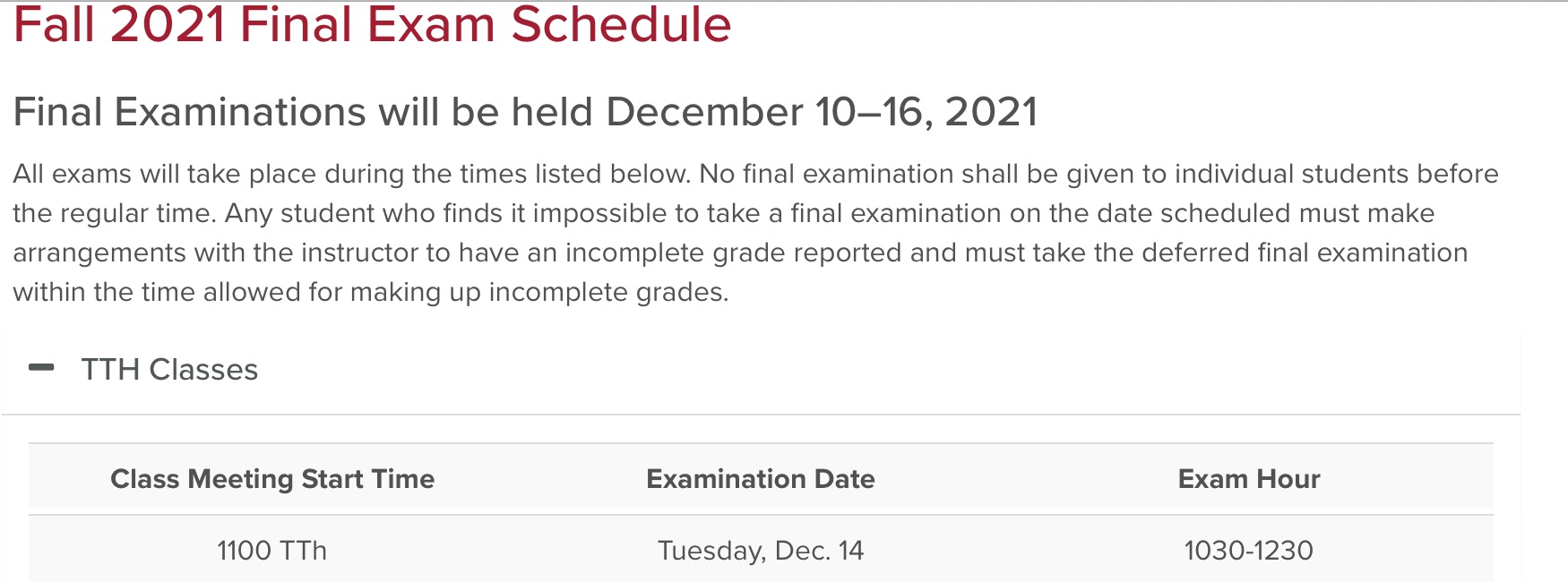

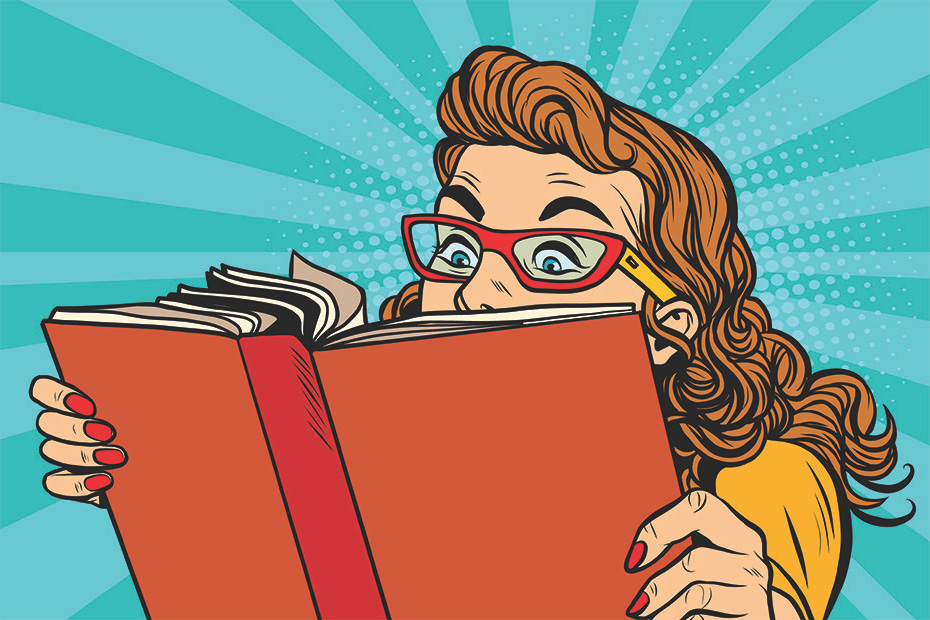 Coming to a university
literature/film/cultural studies class
Coming to a university
literature/film/cultural studies class 